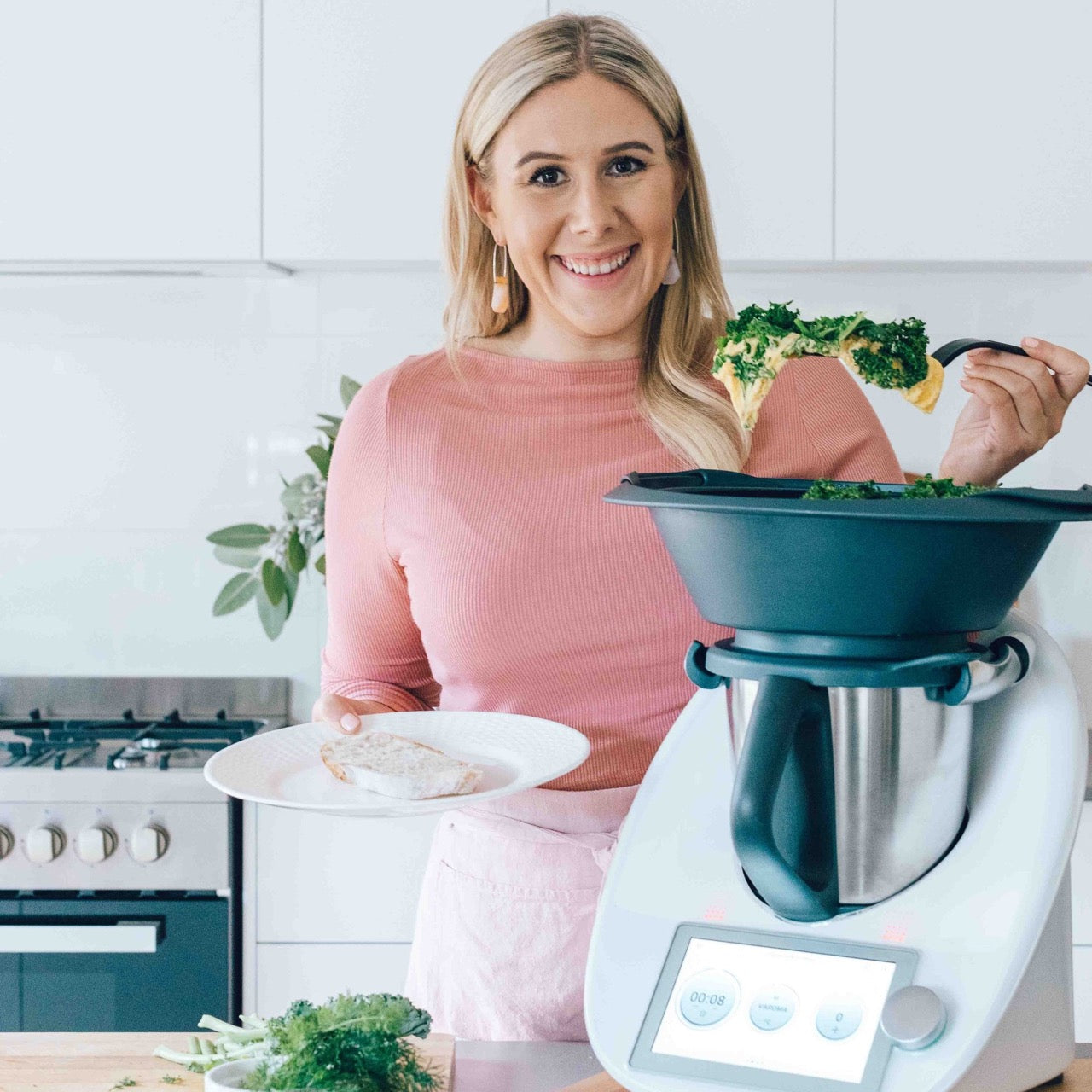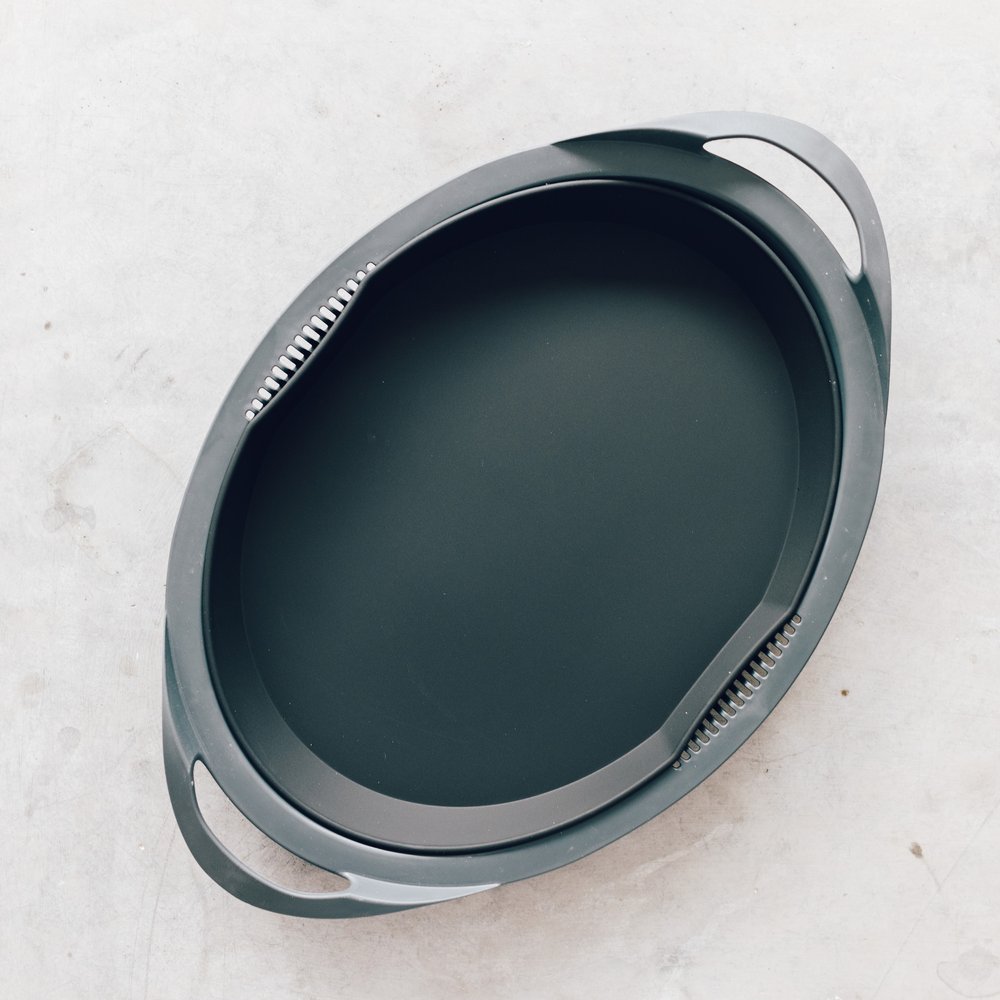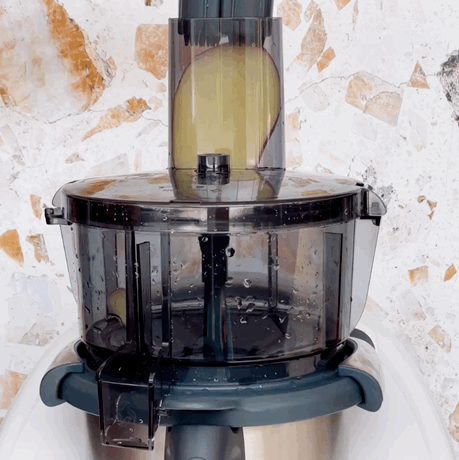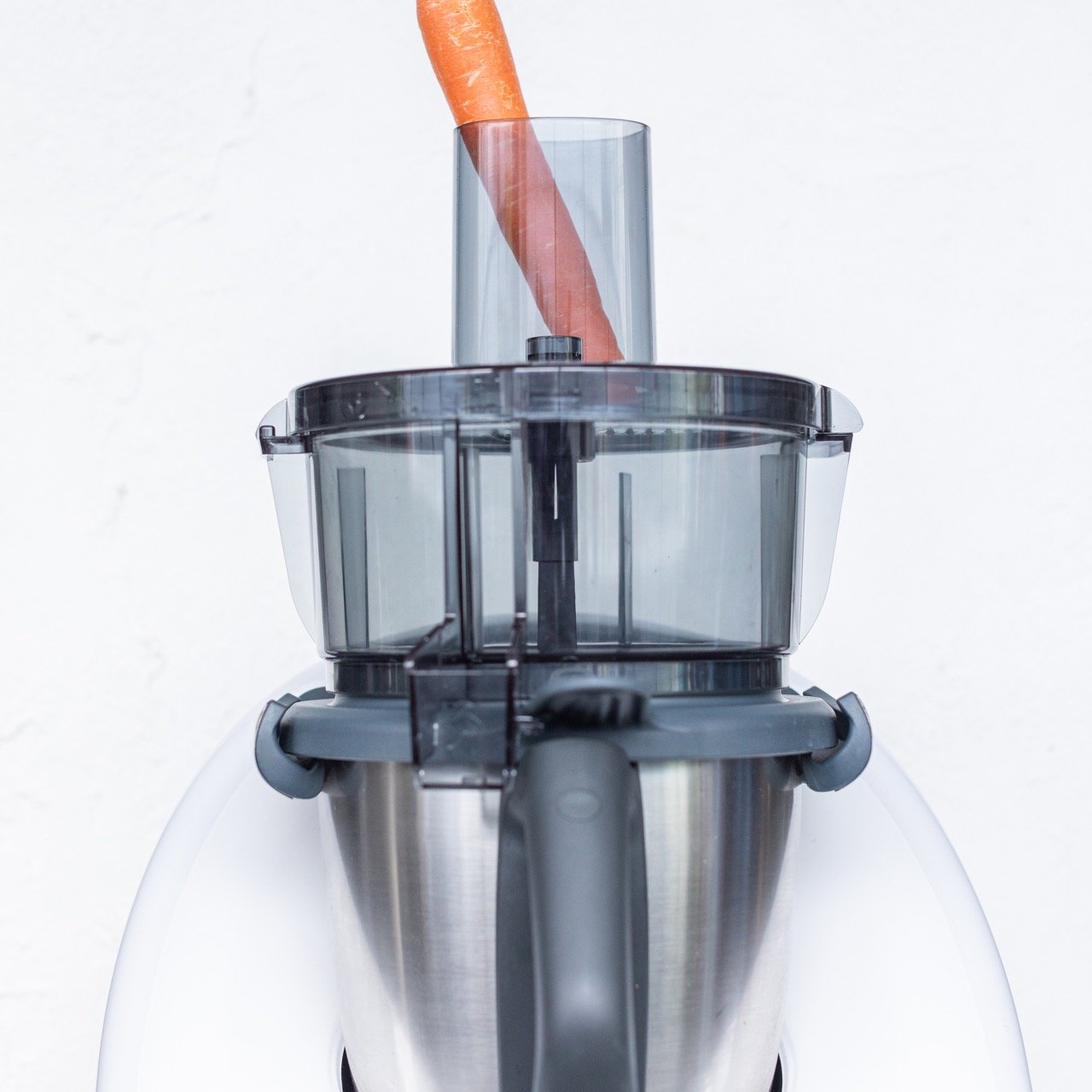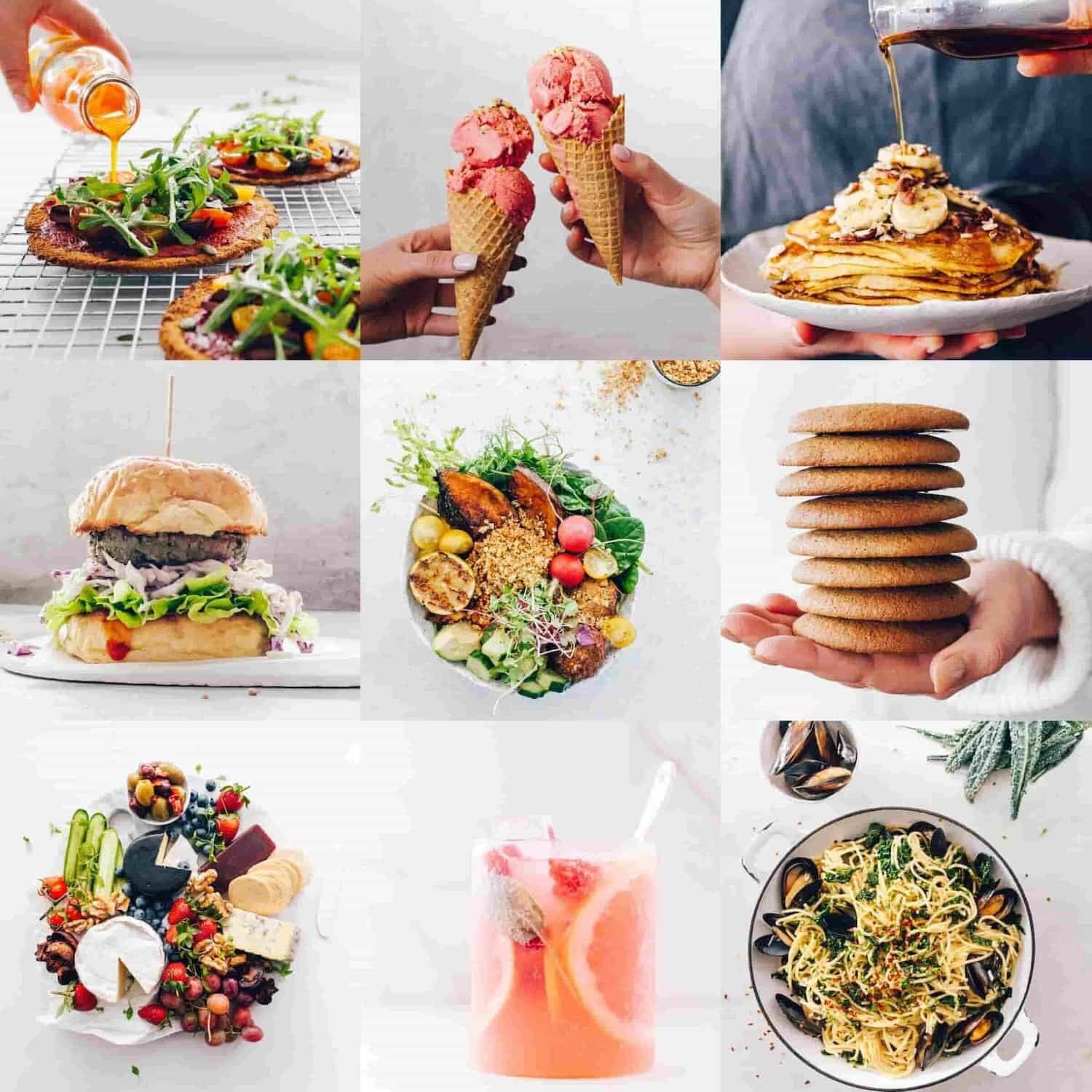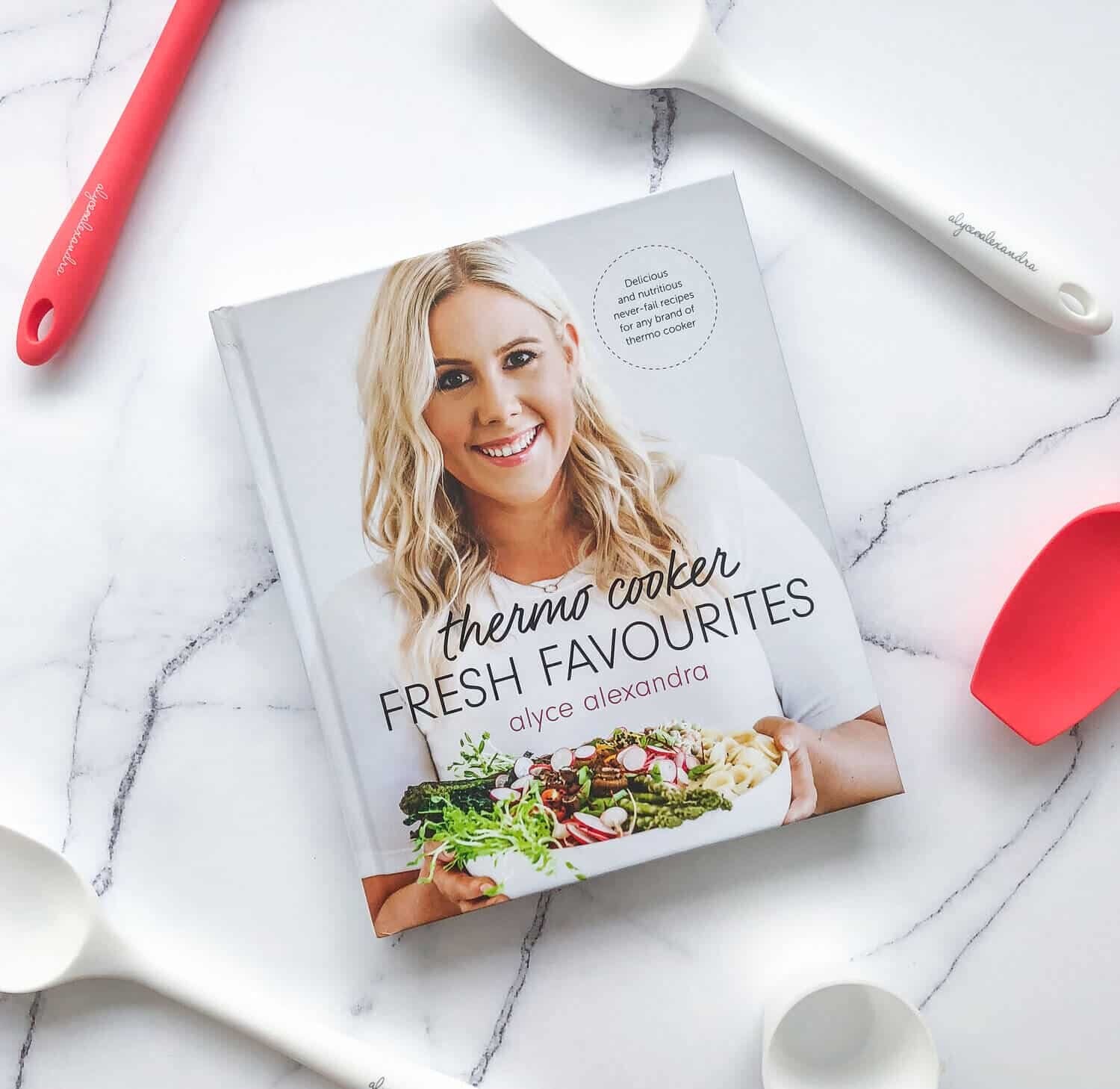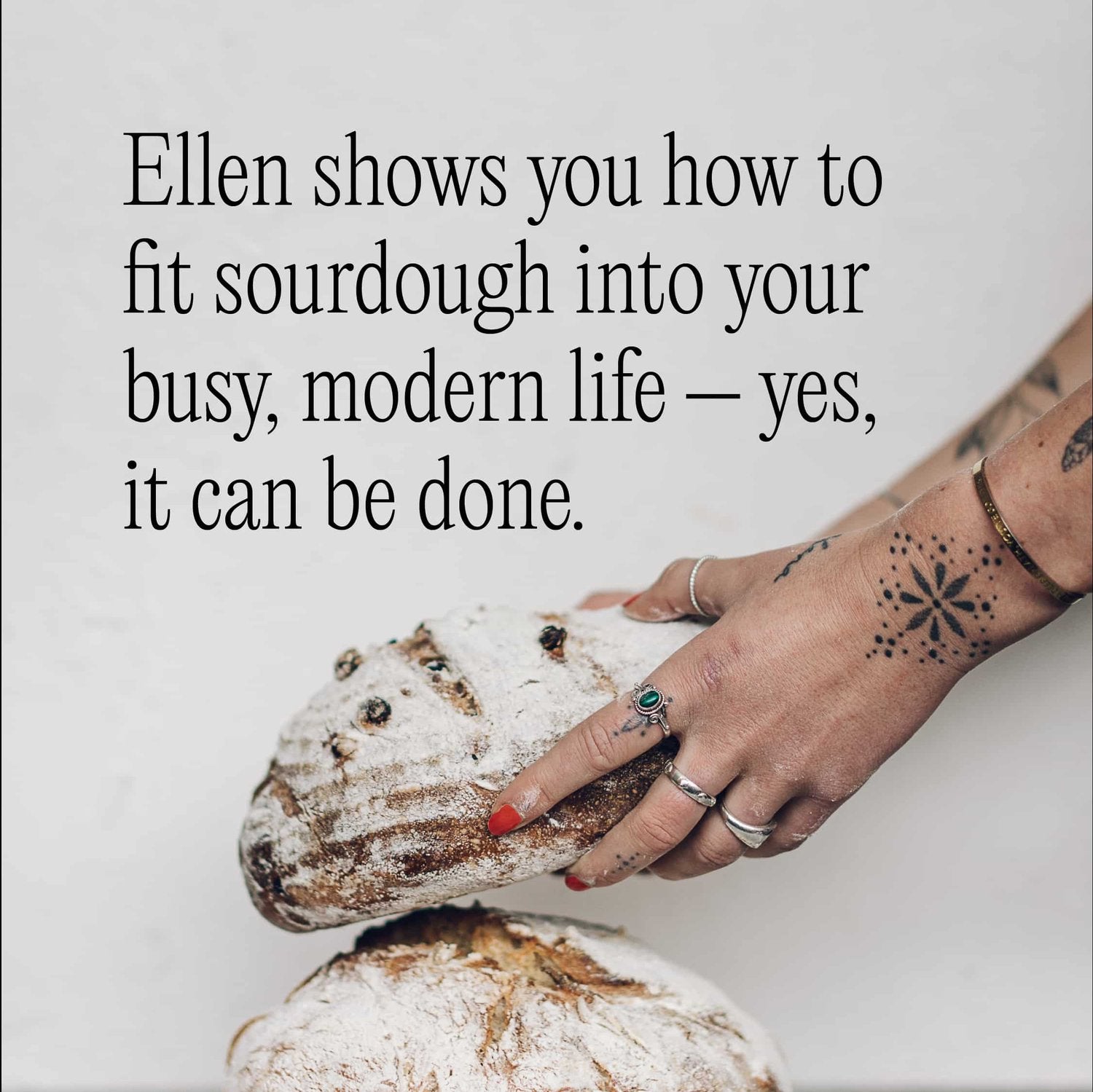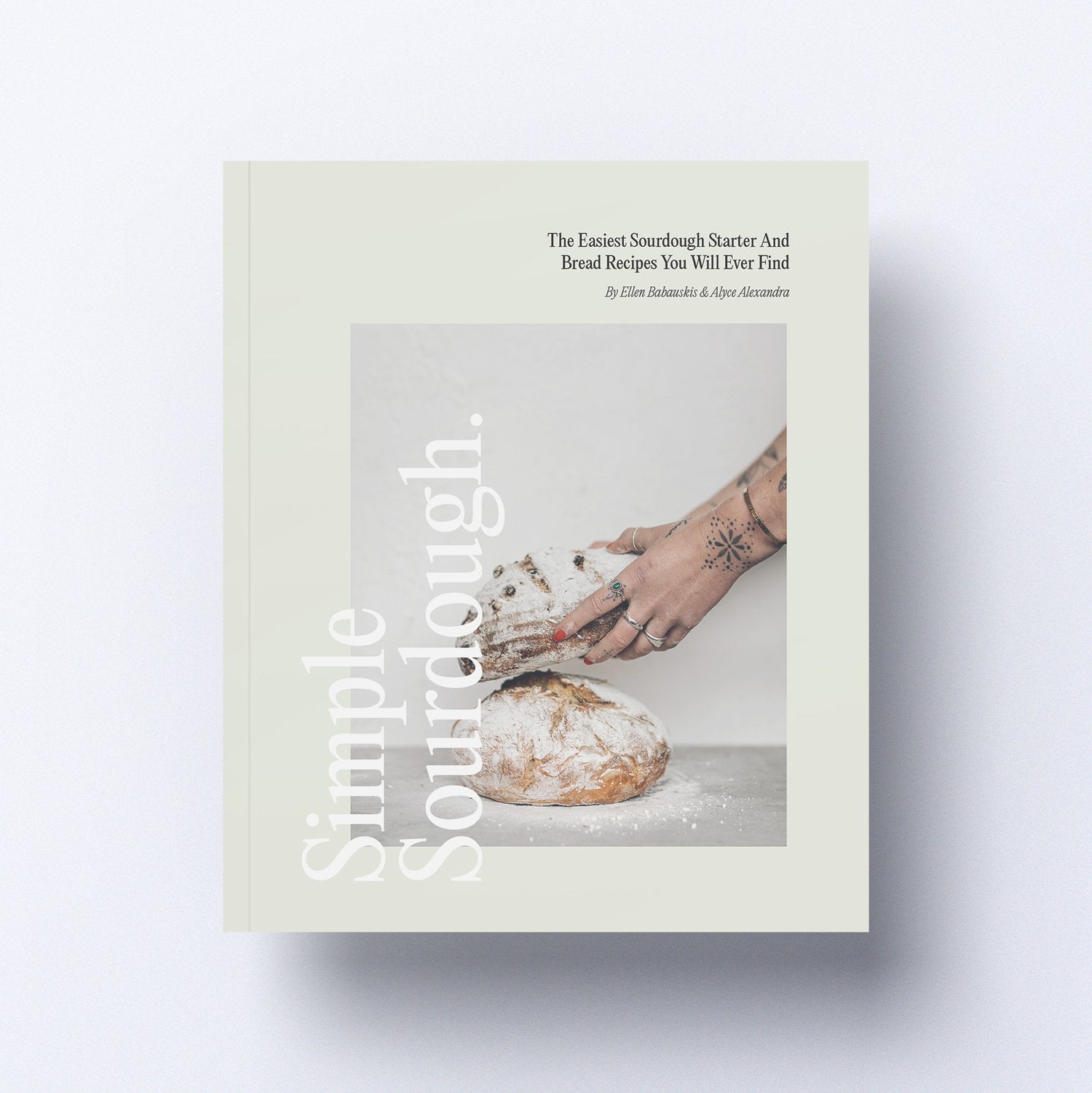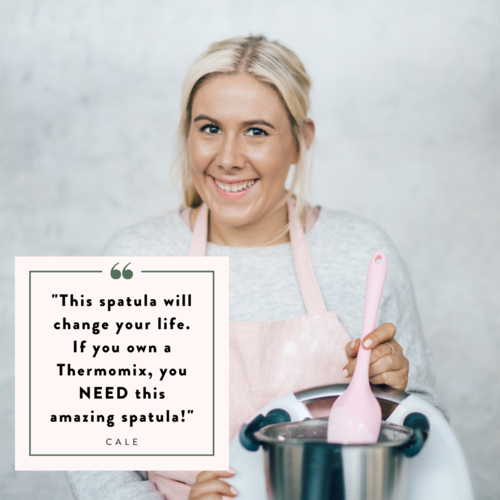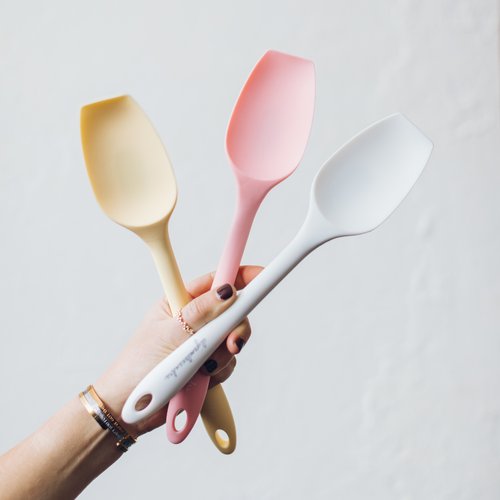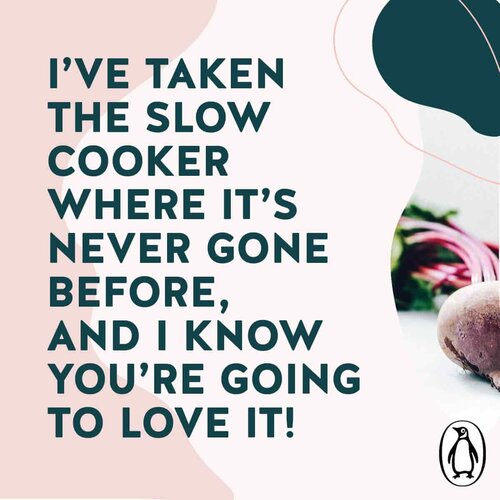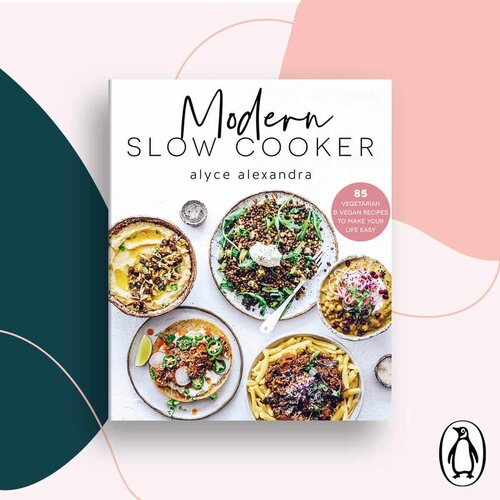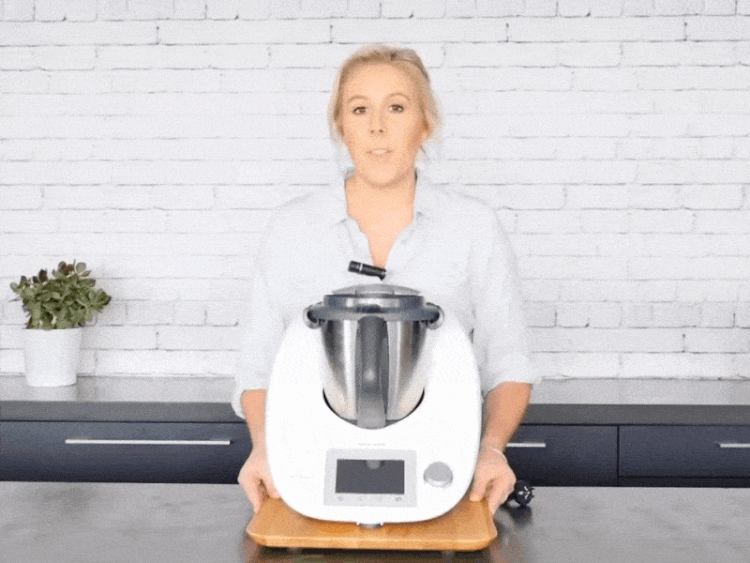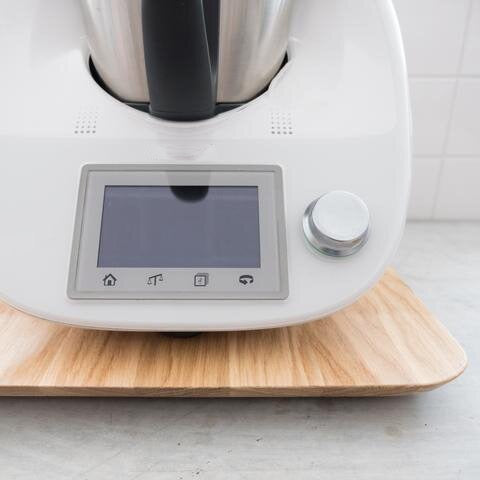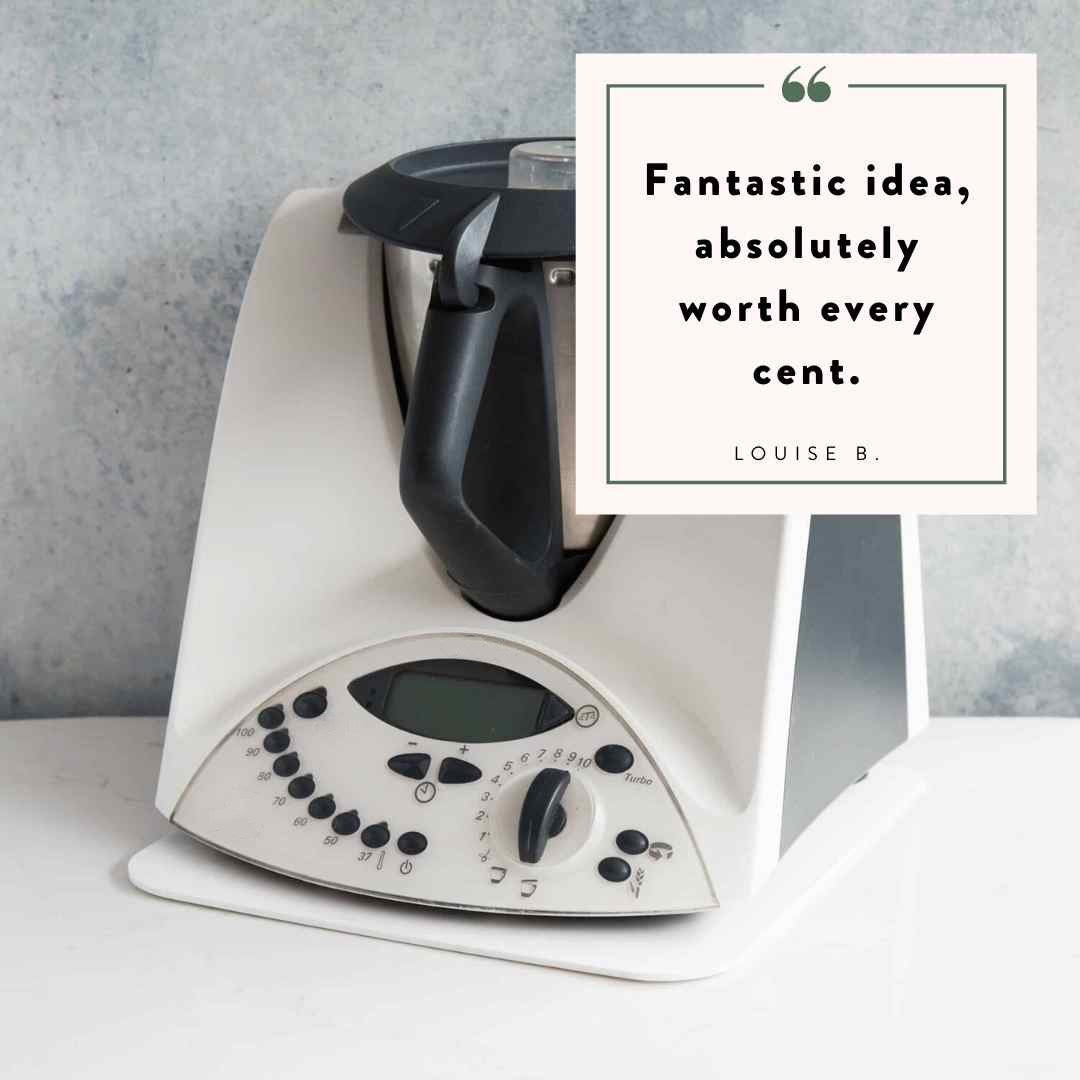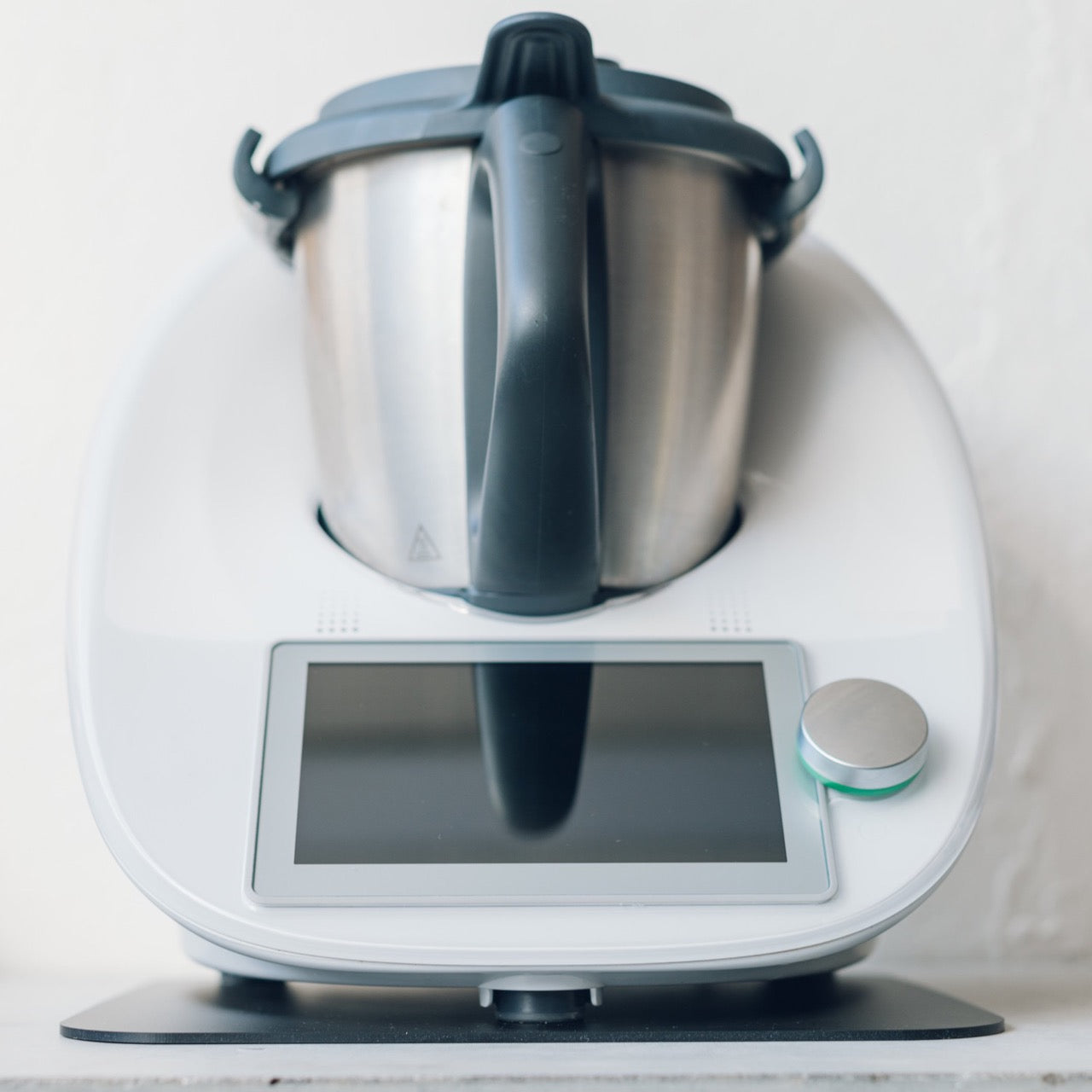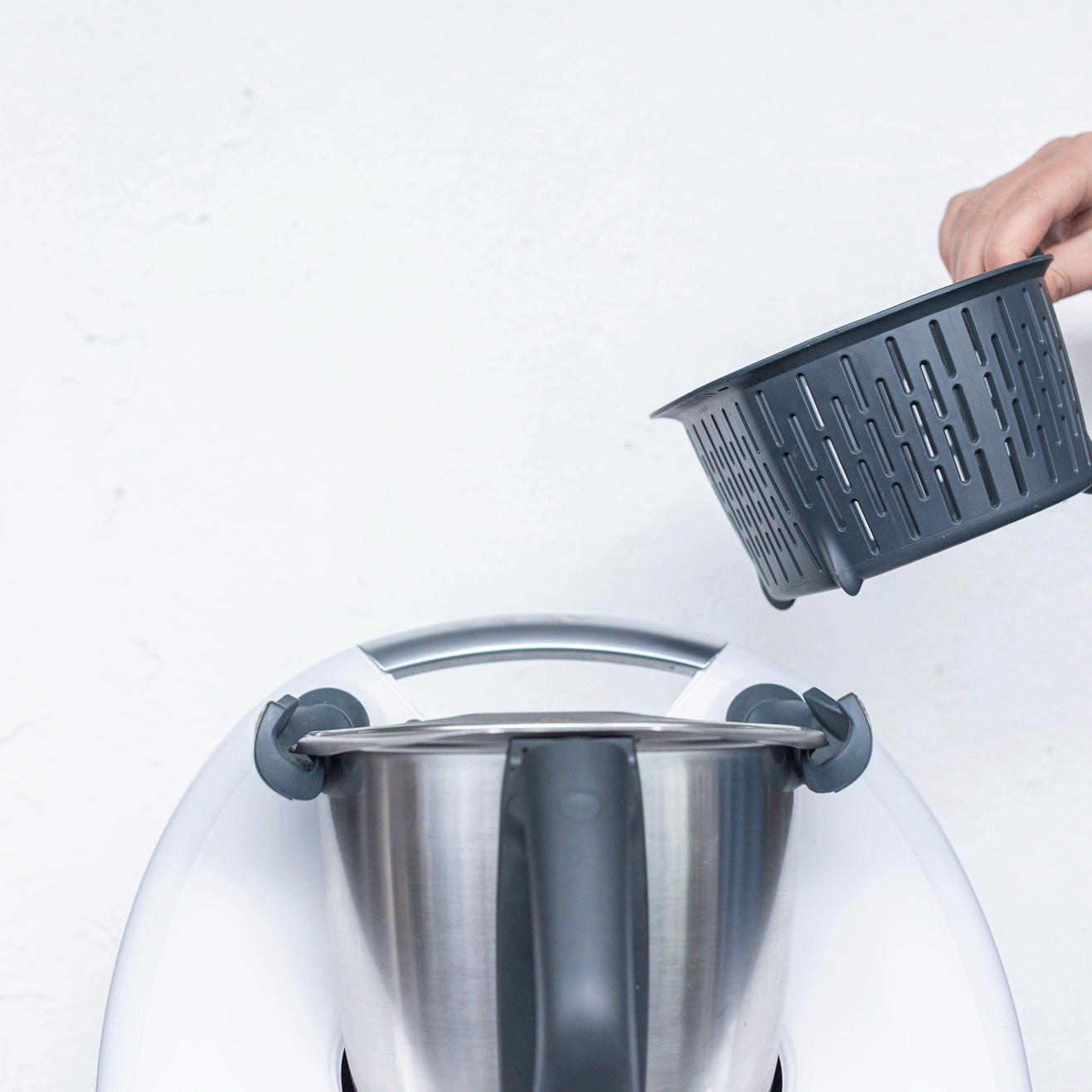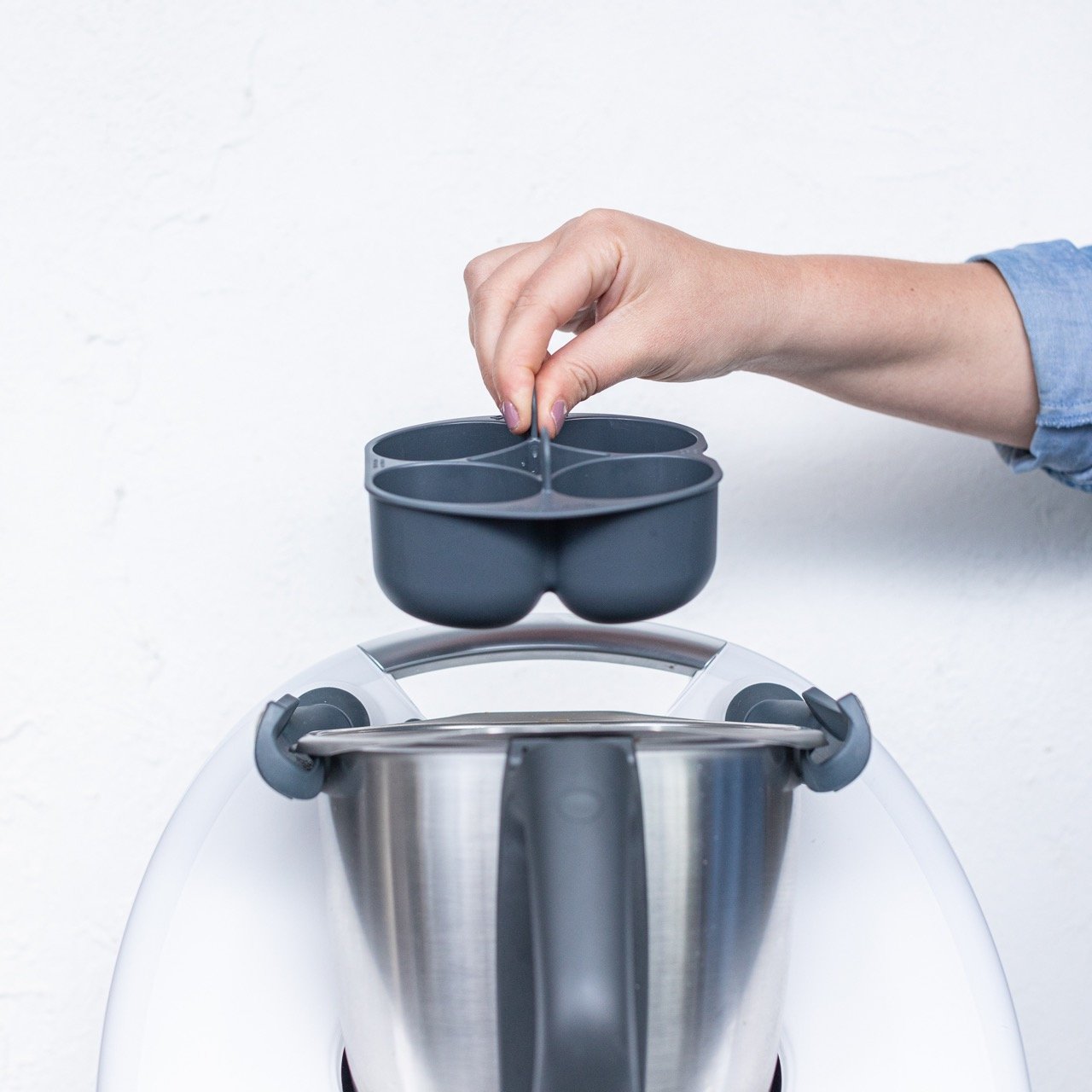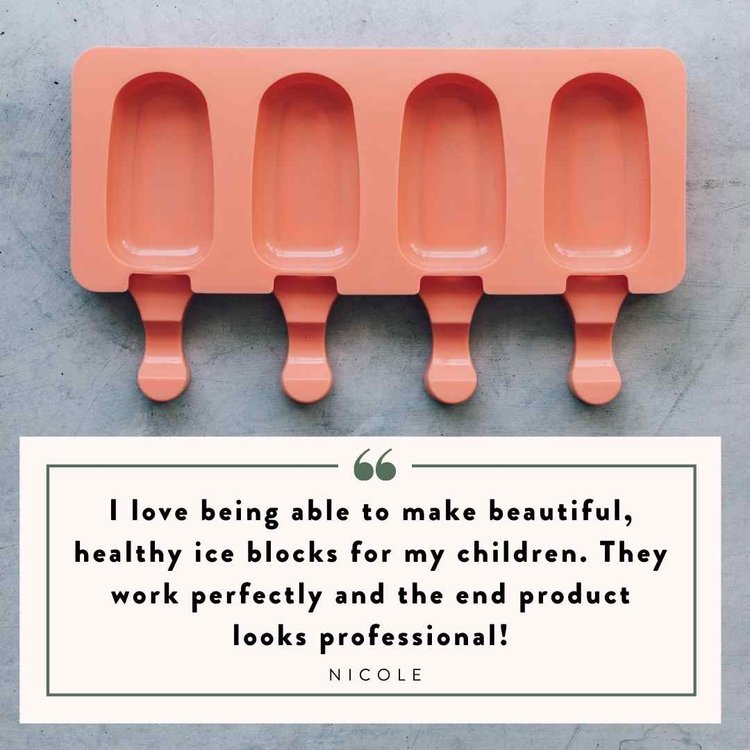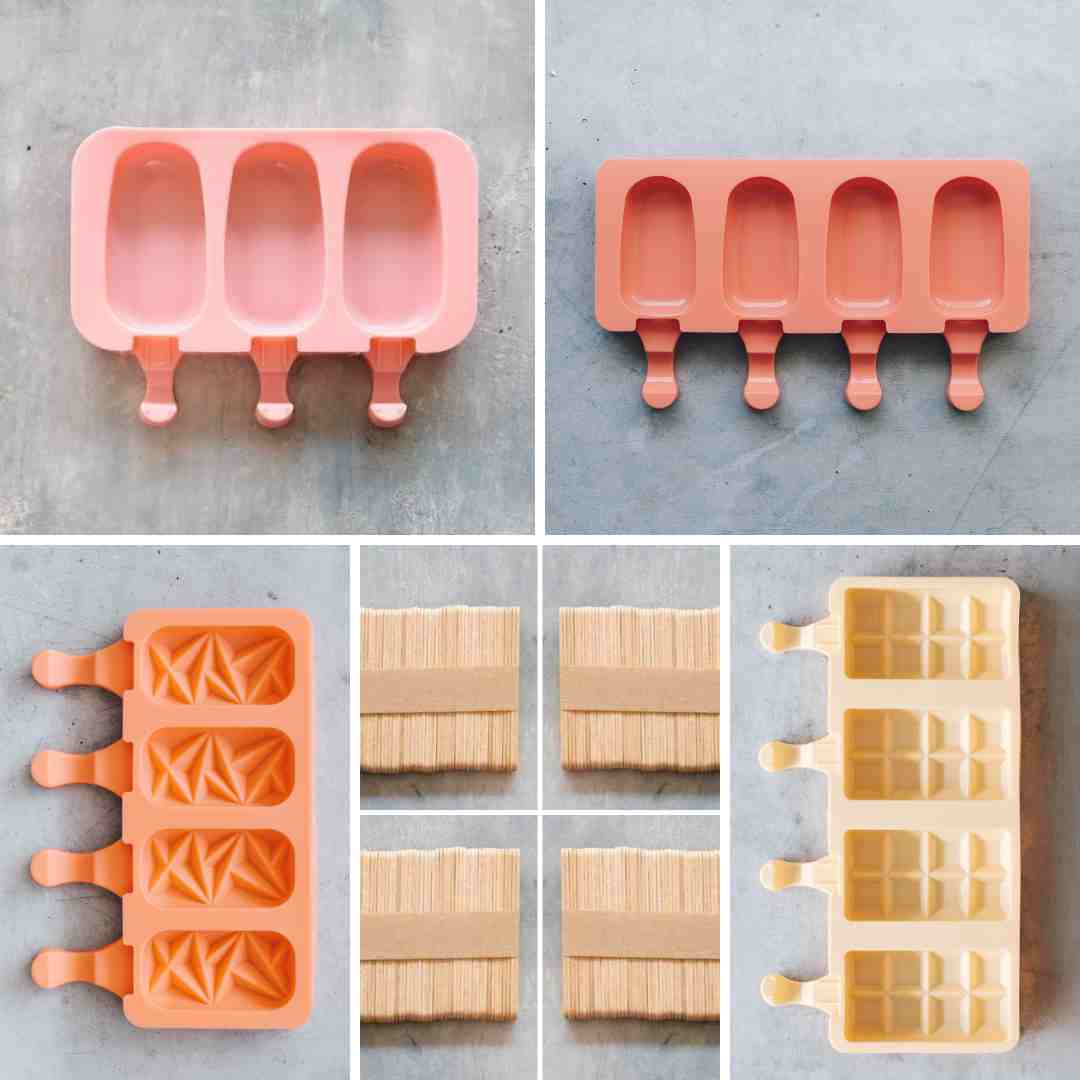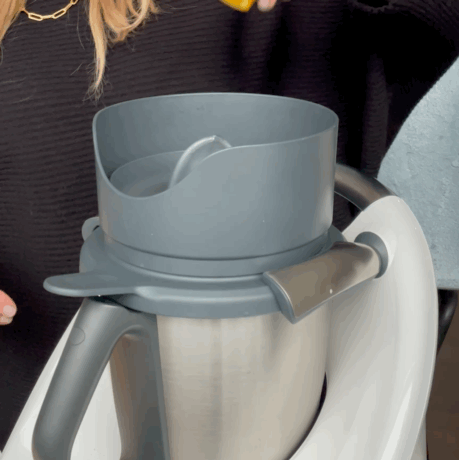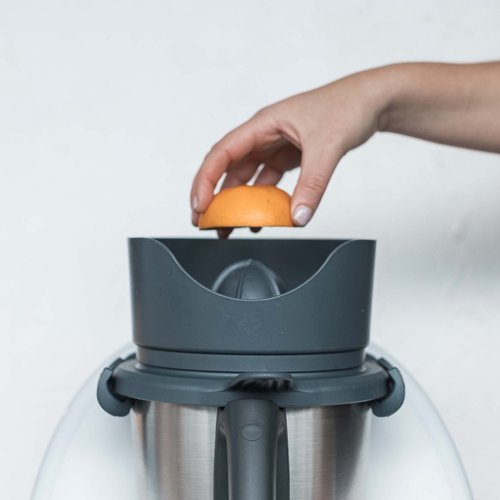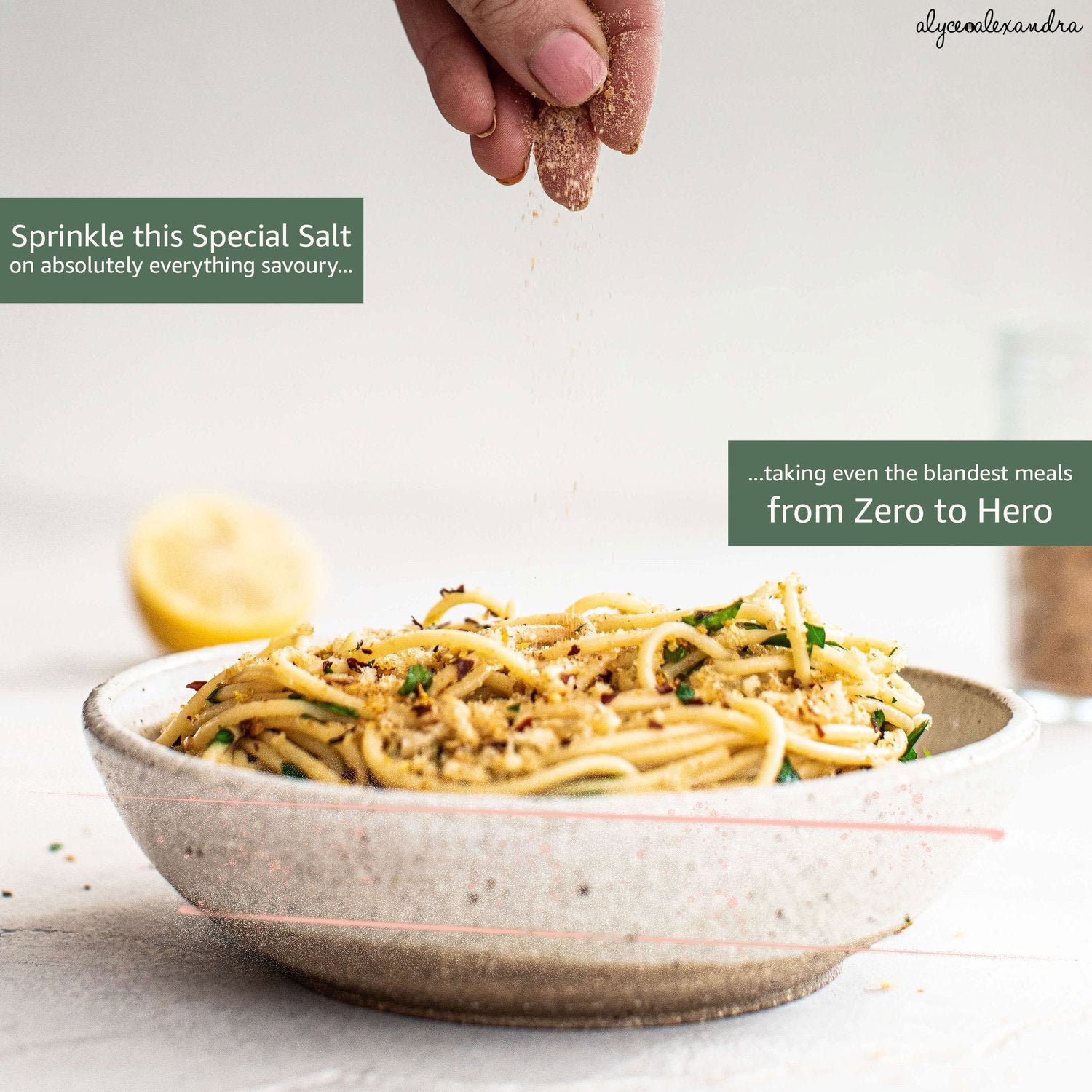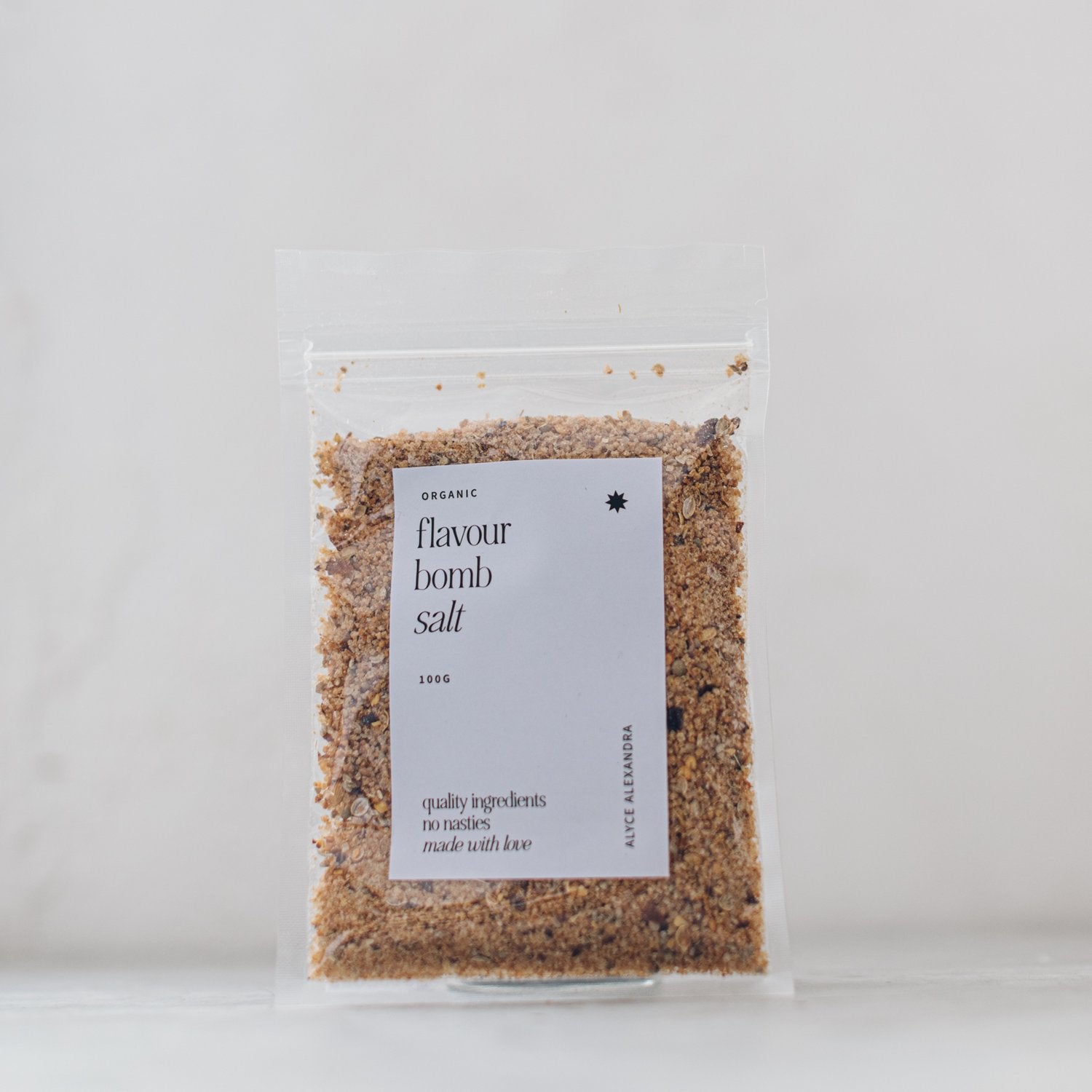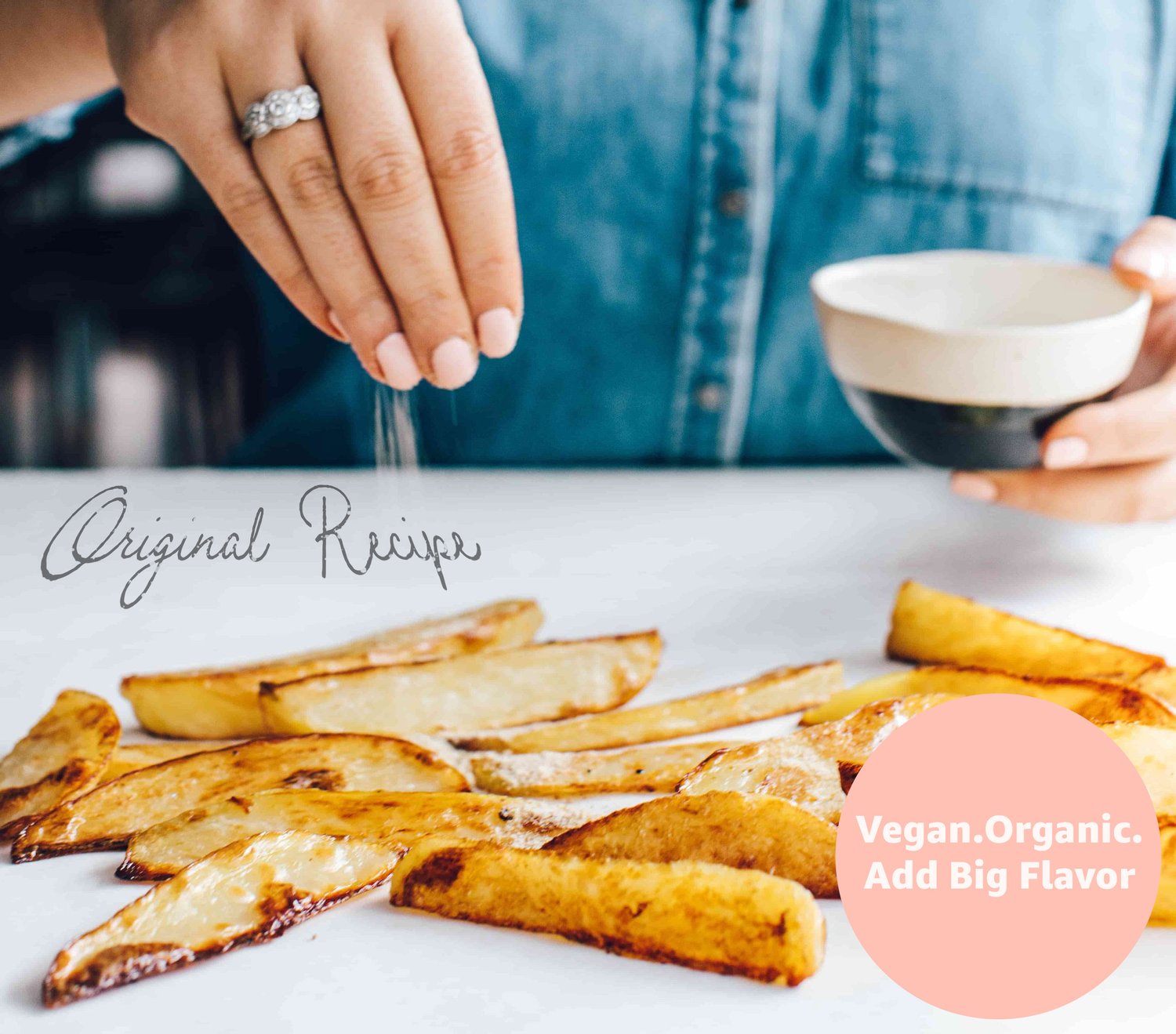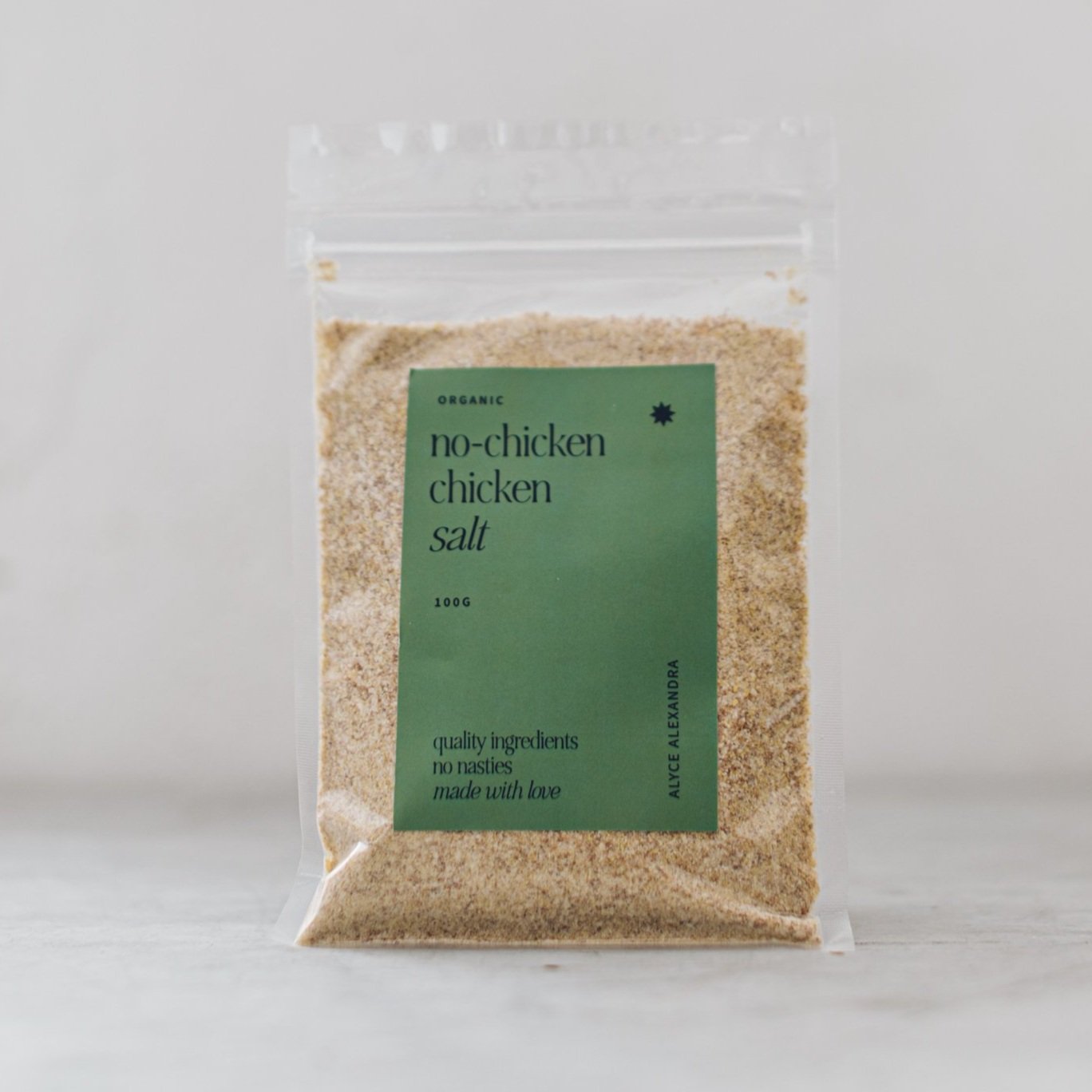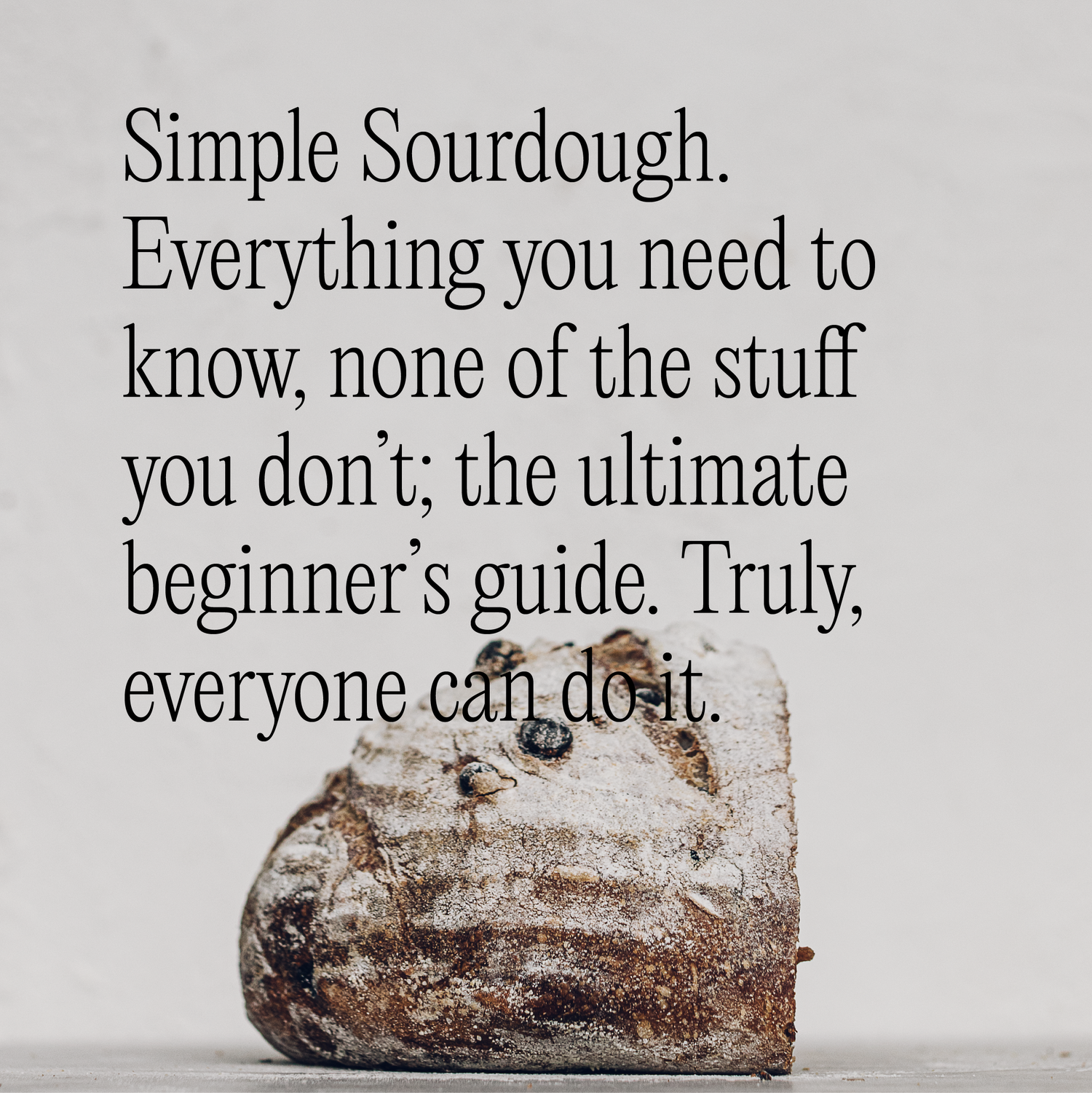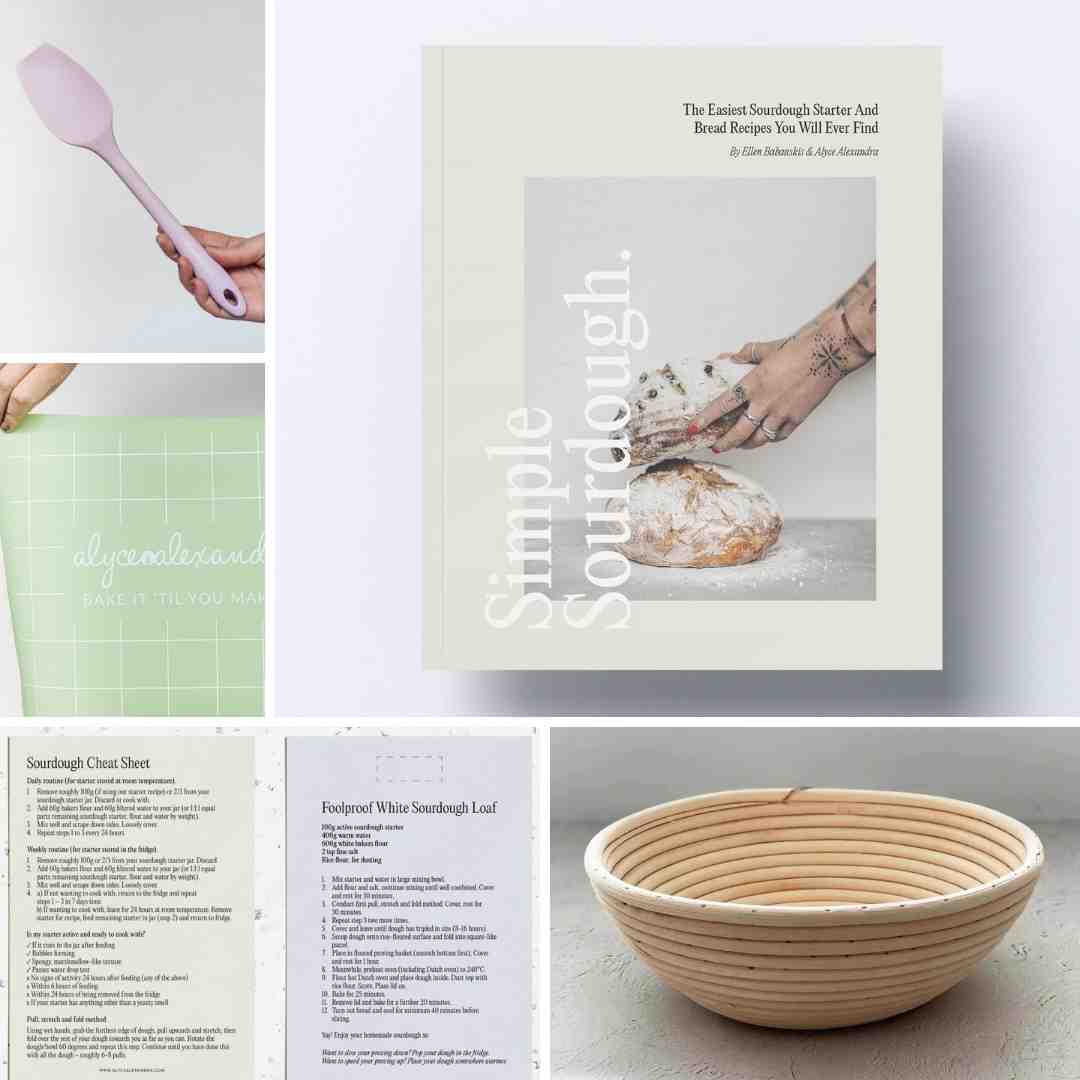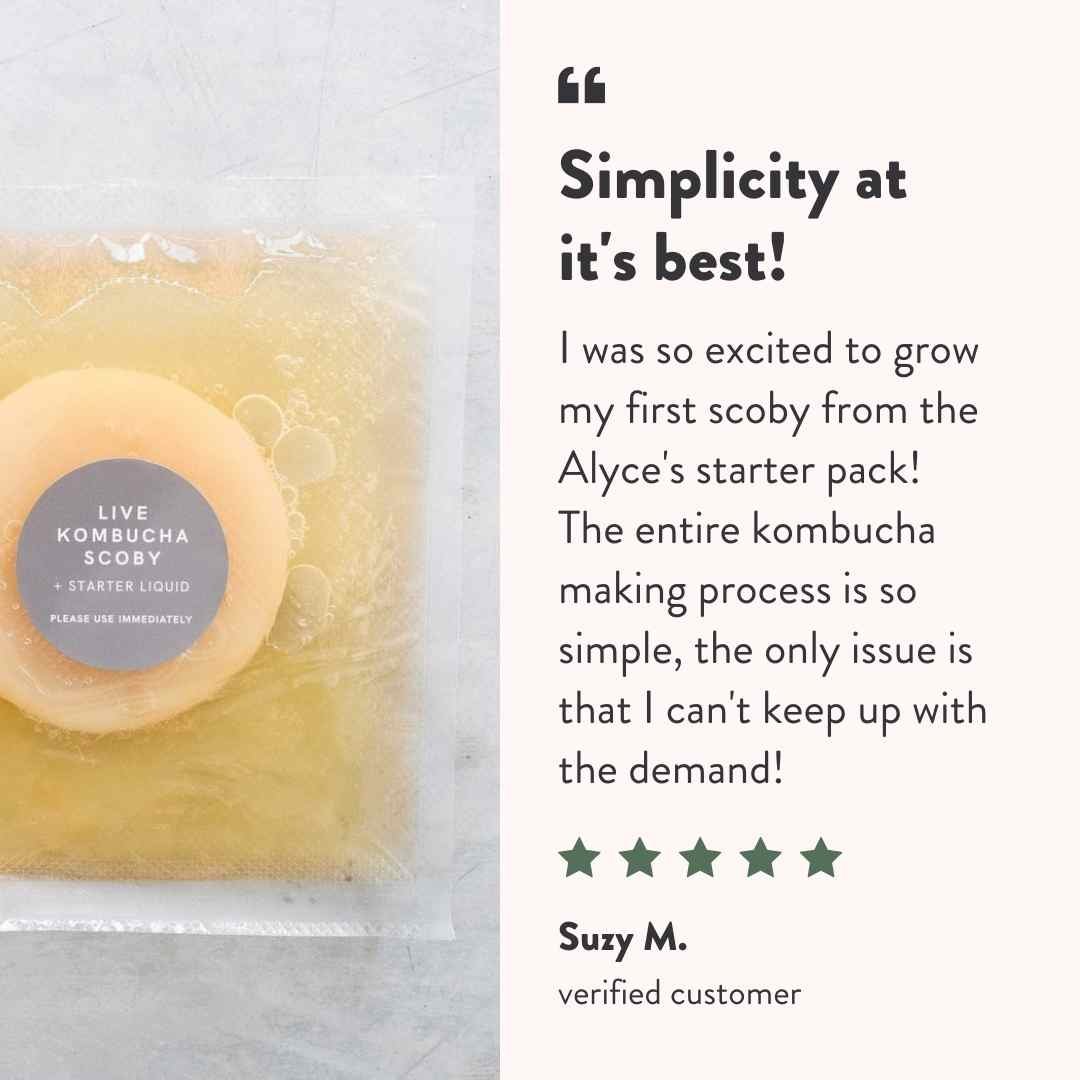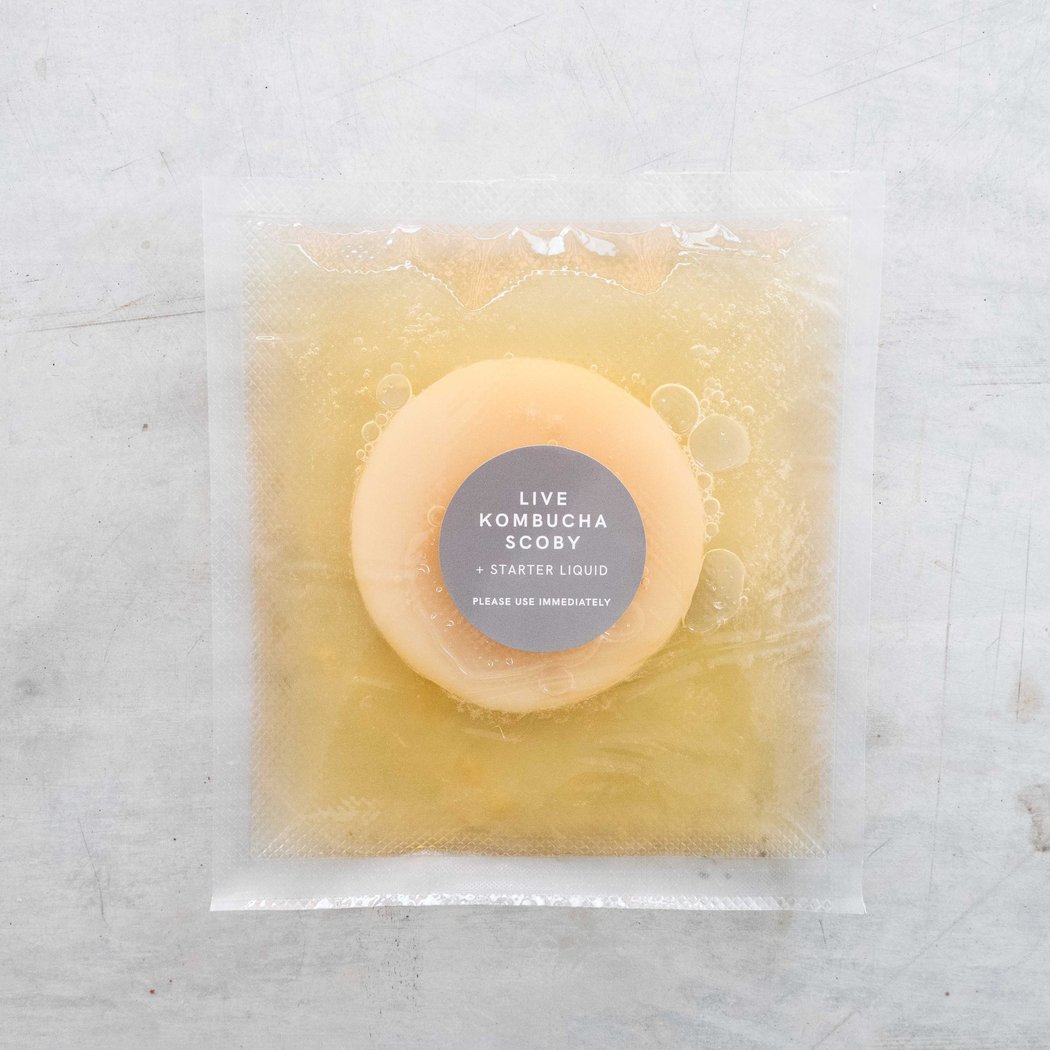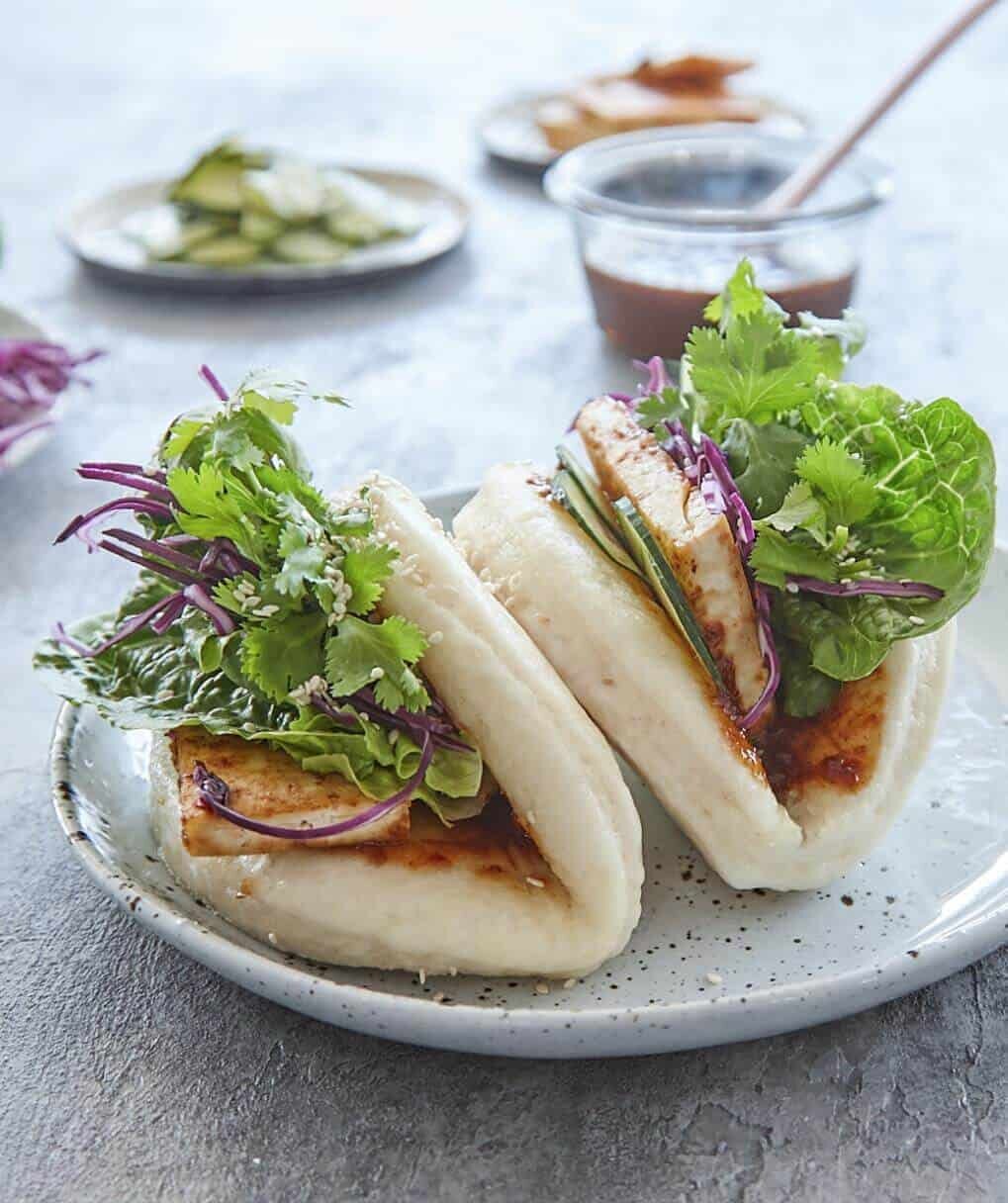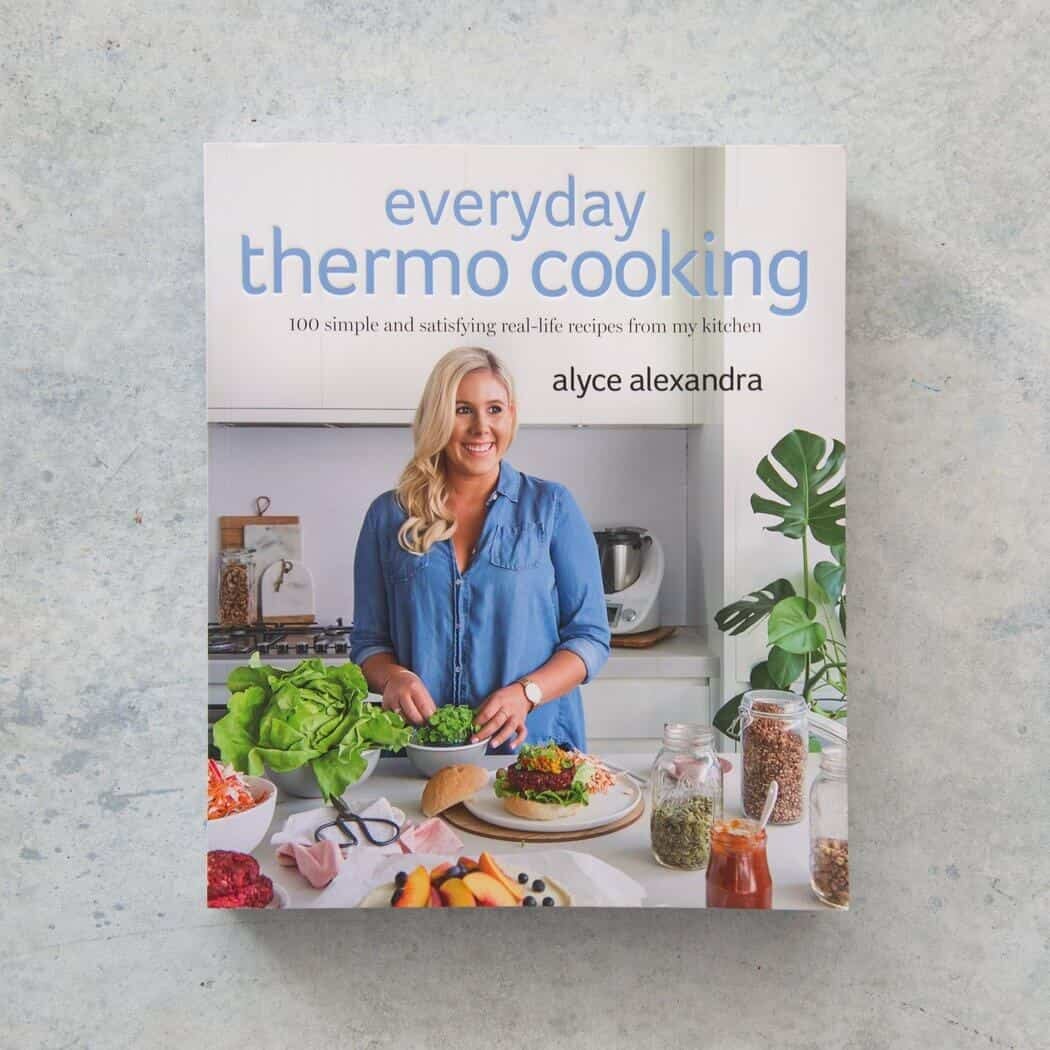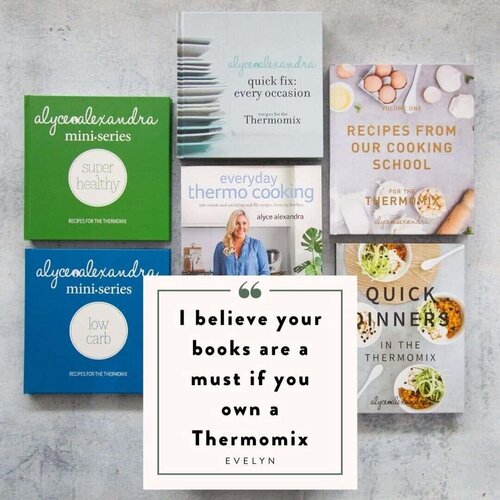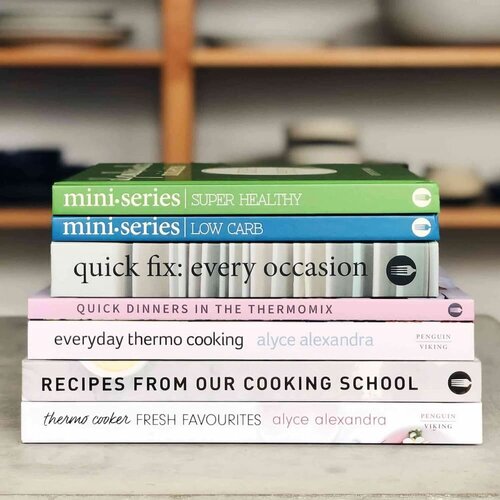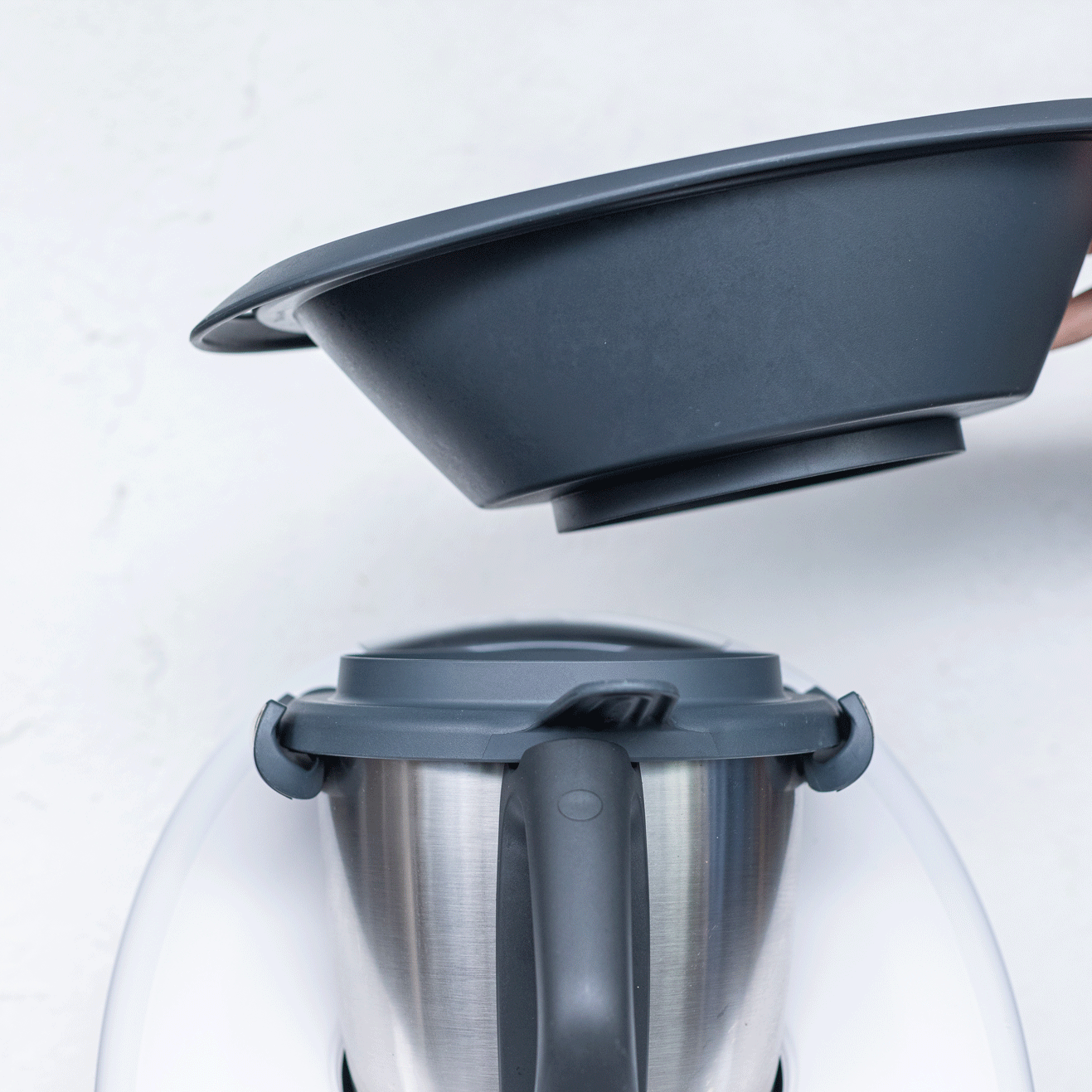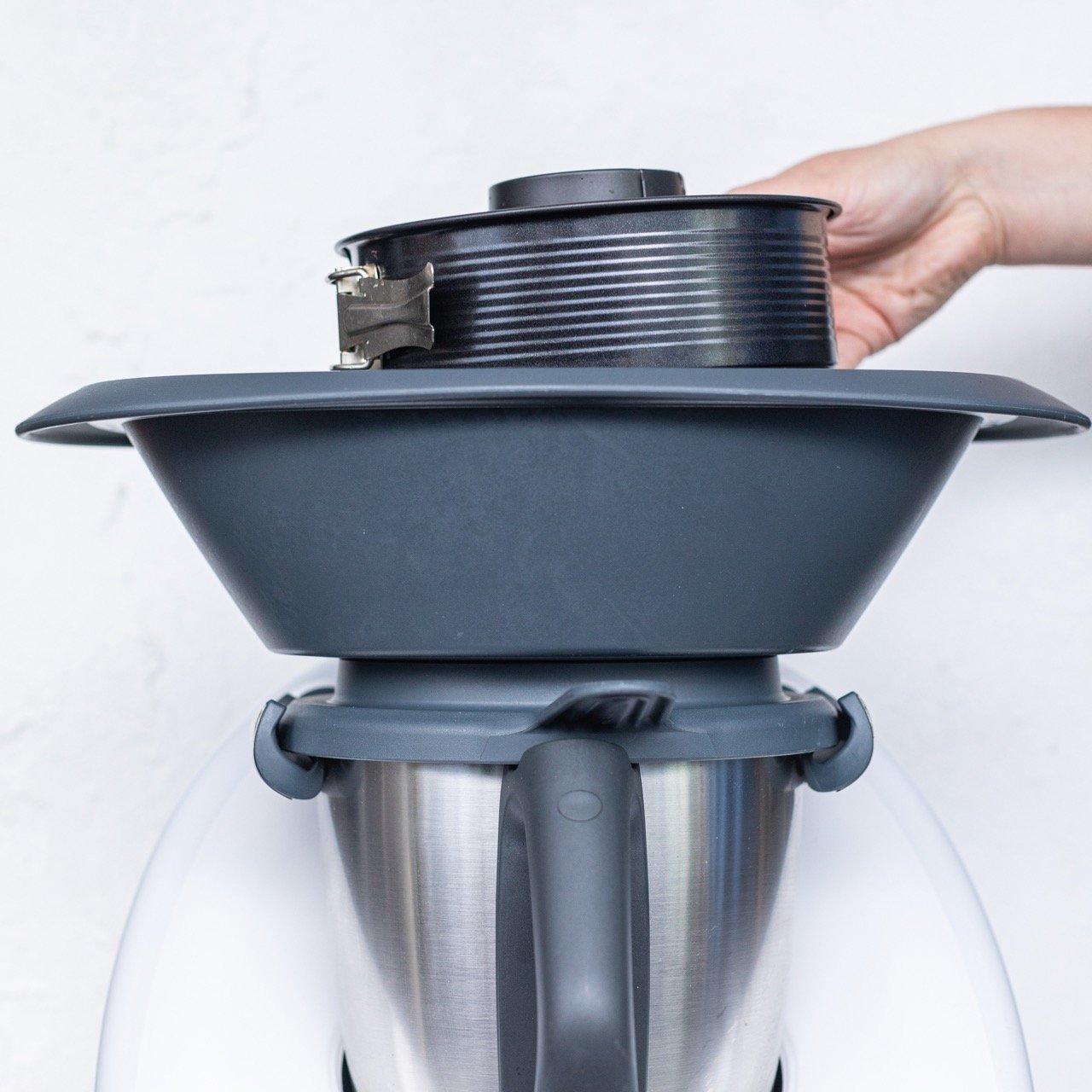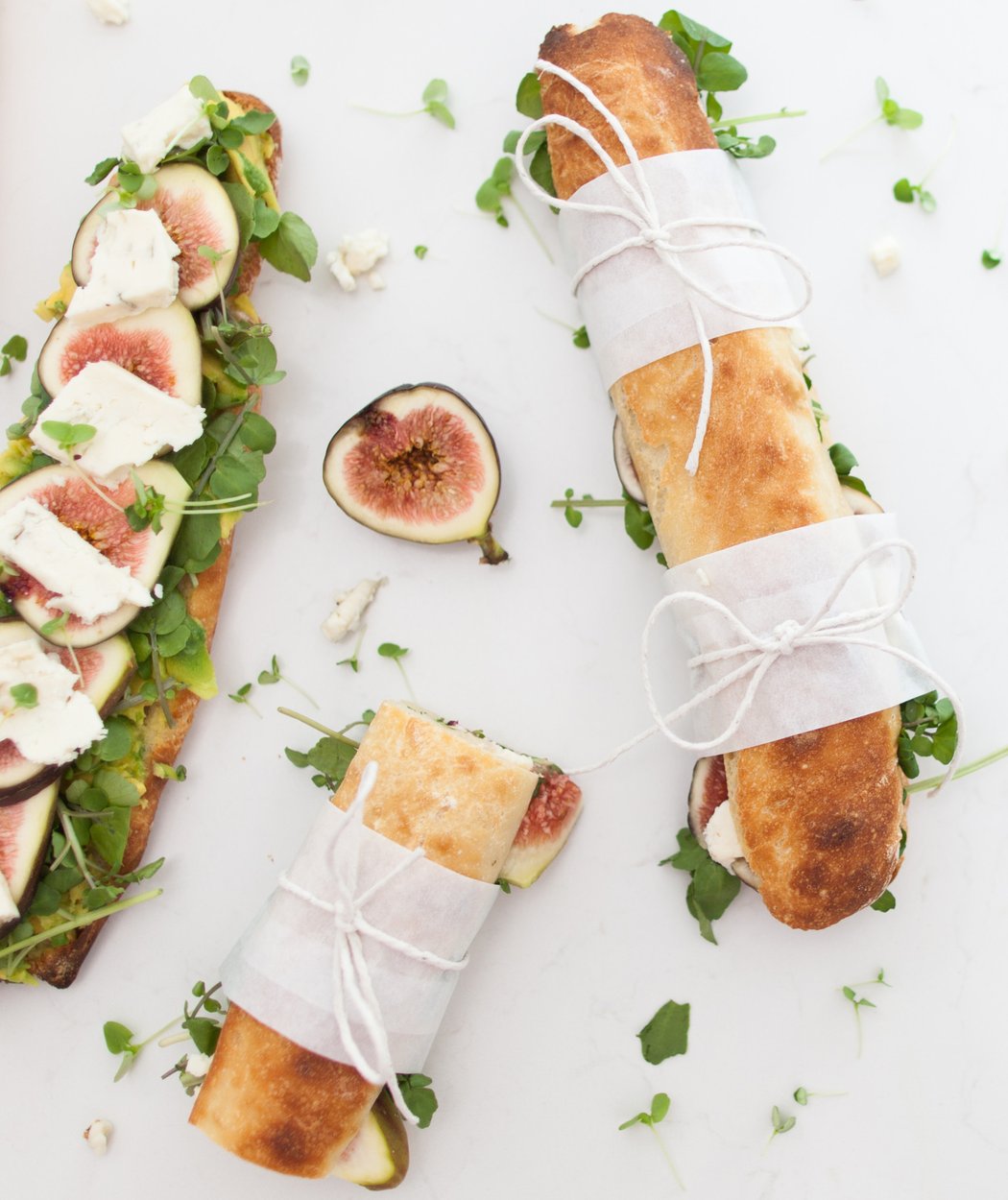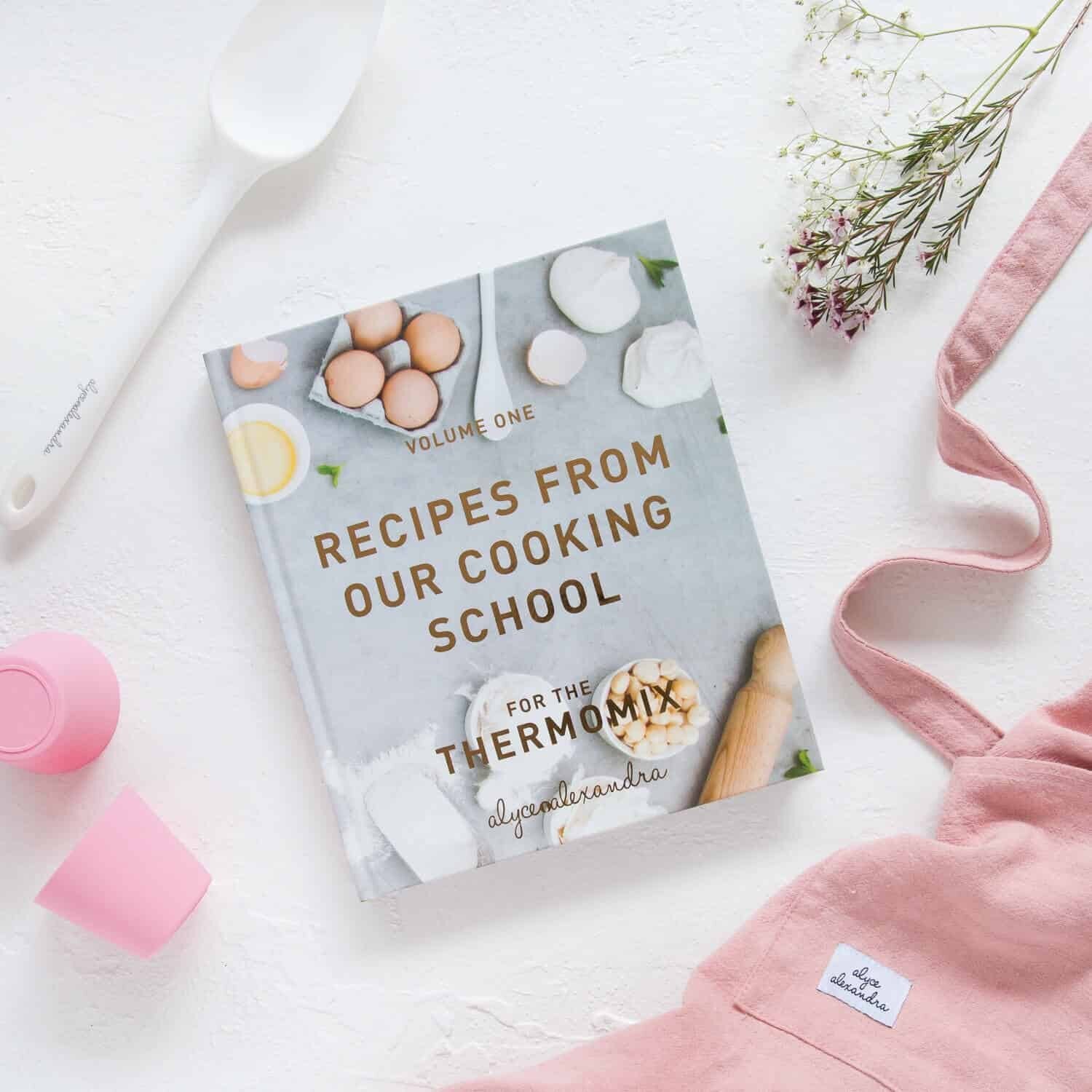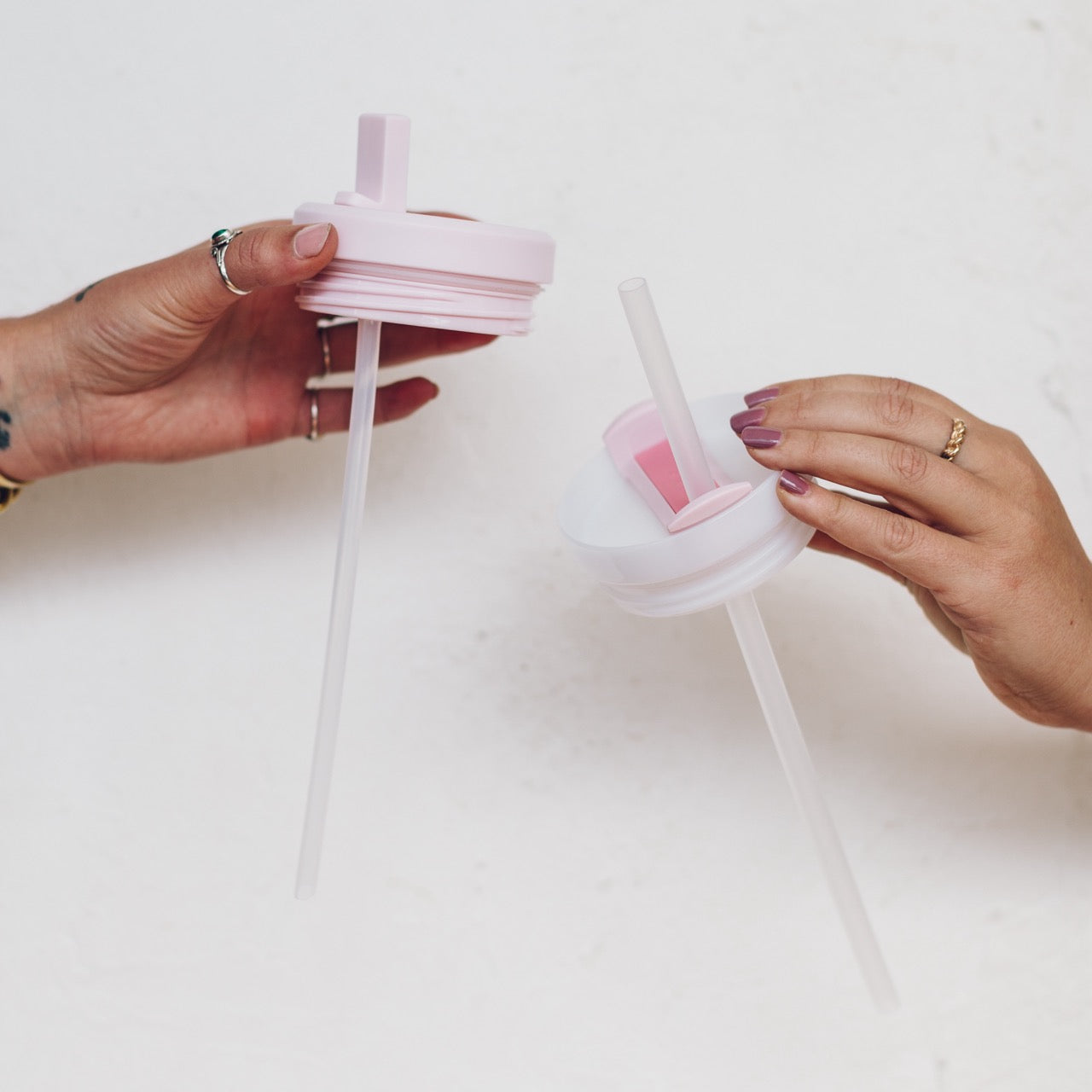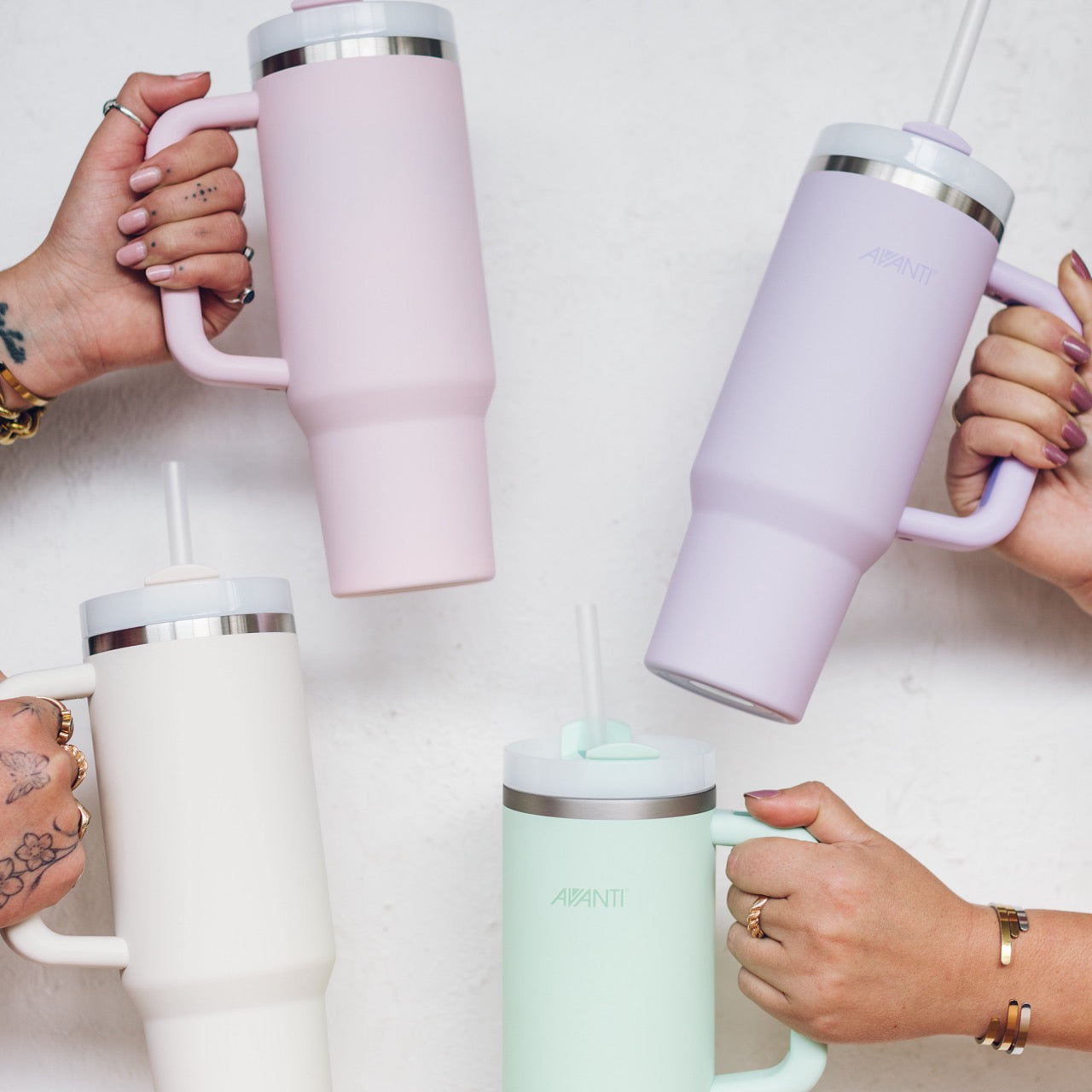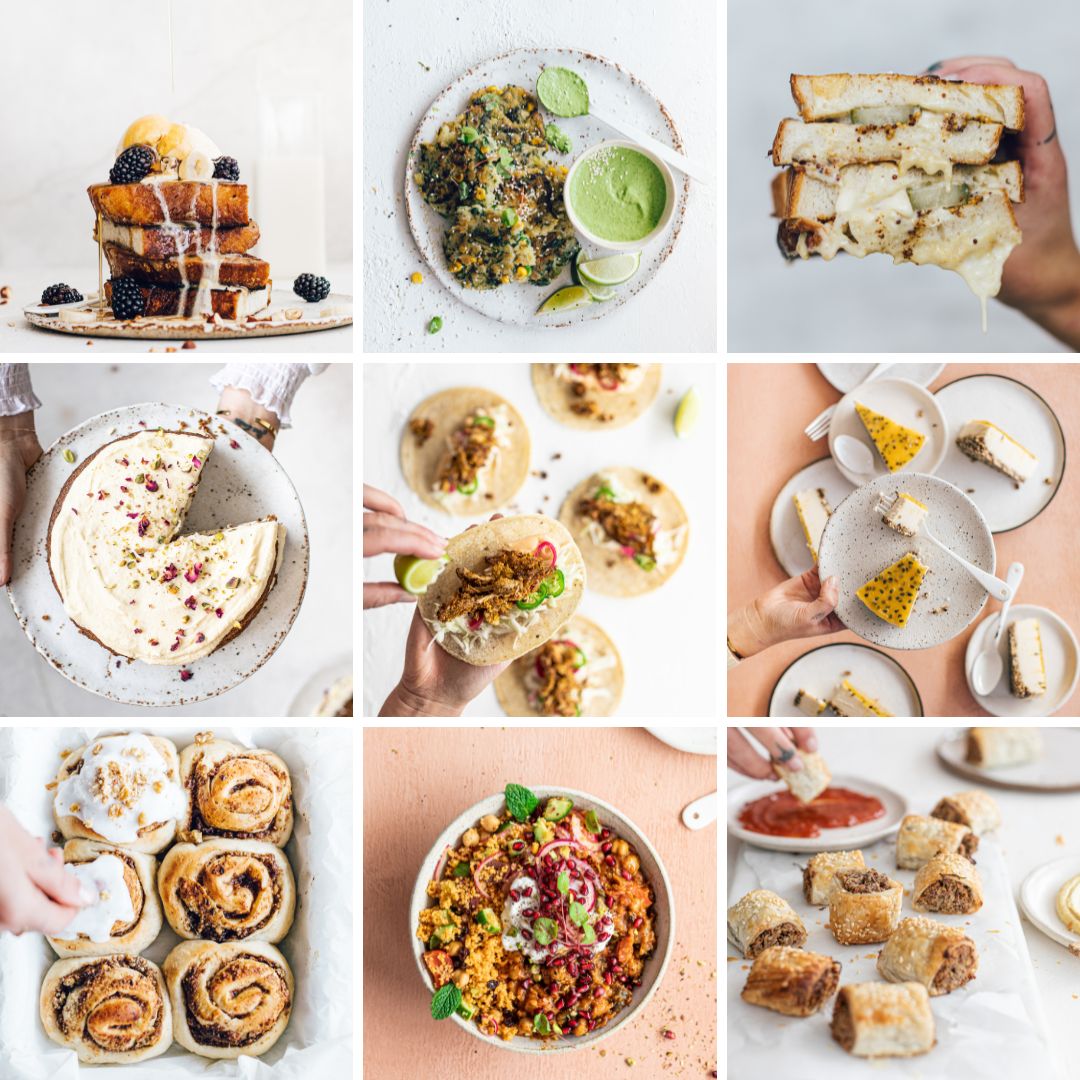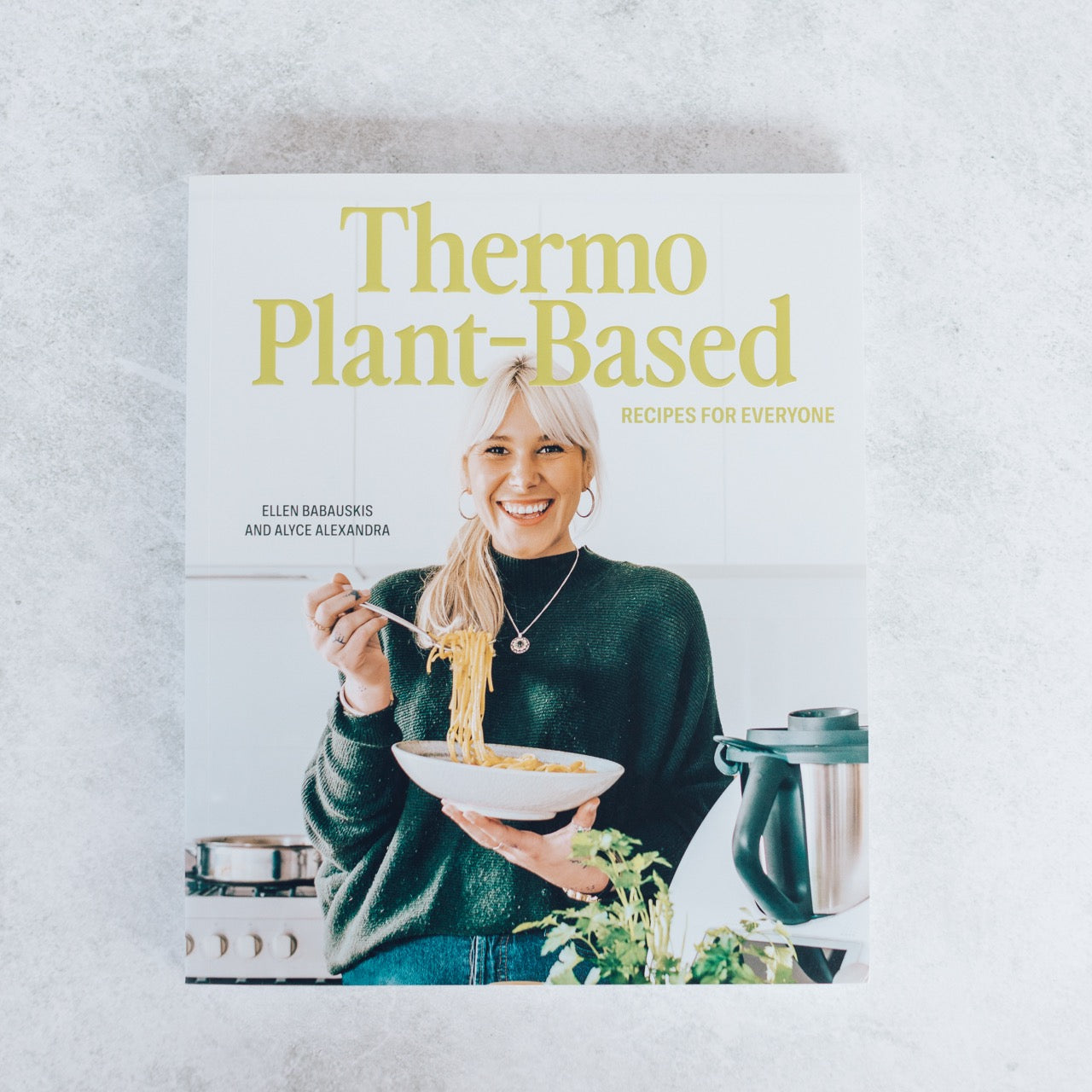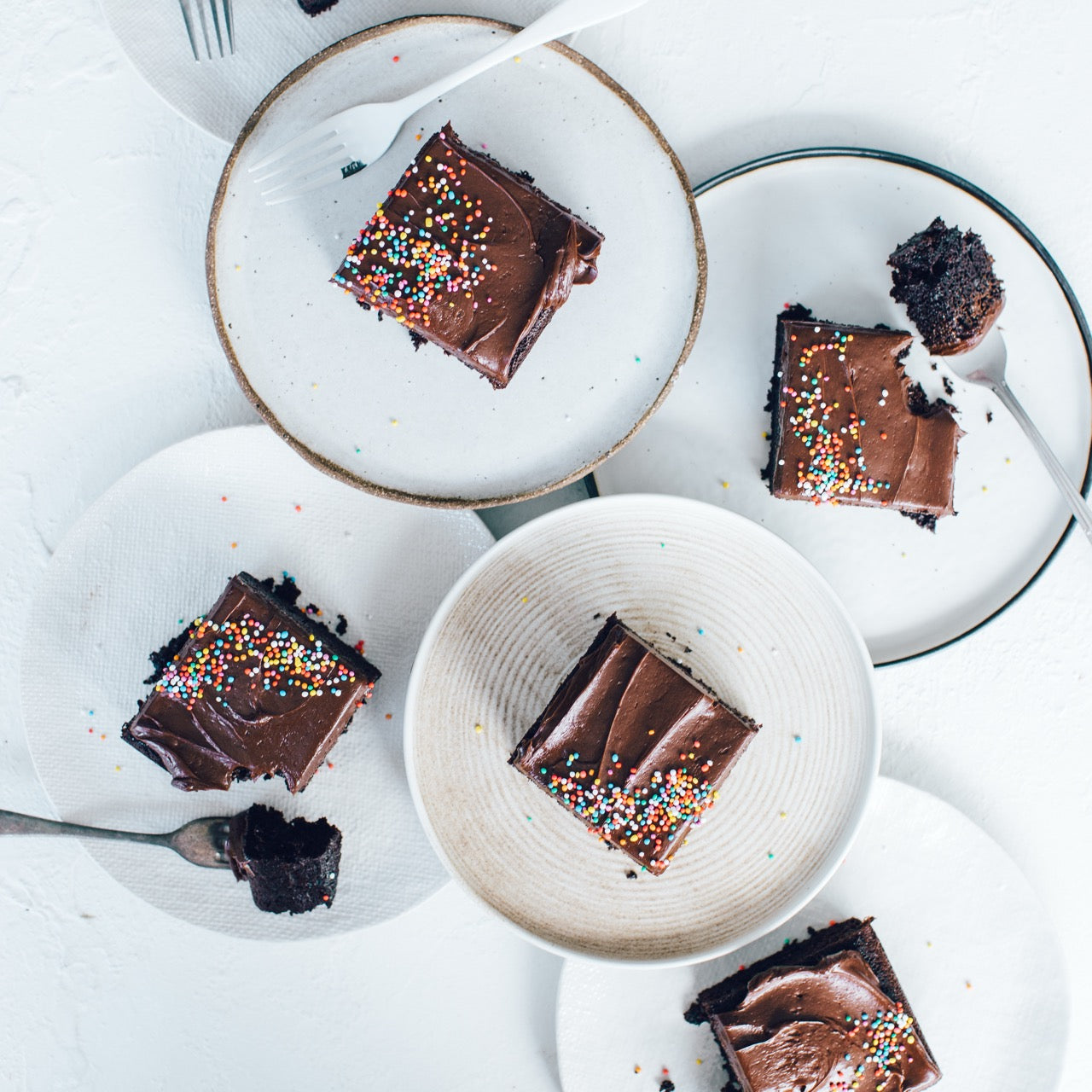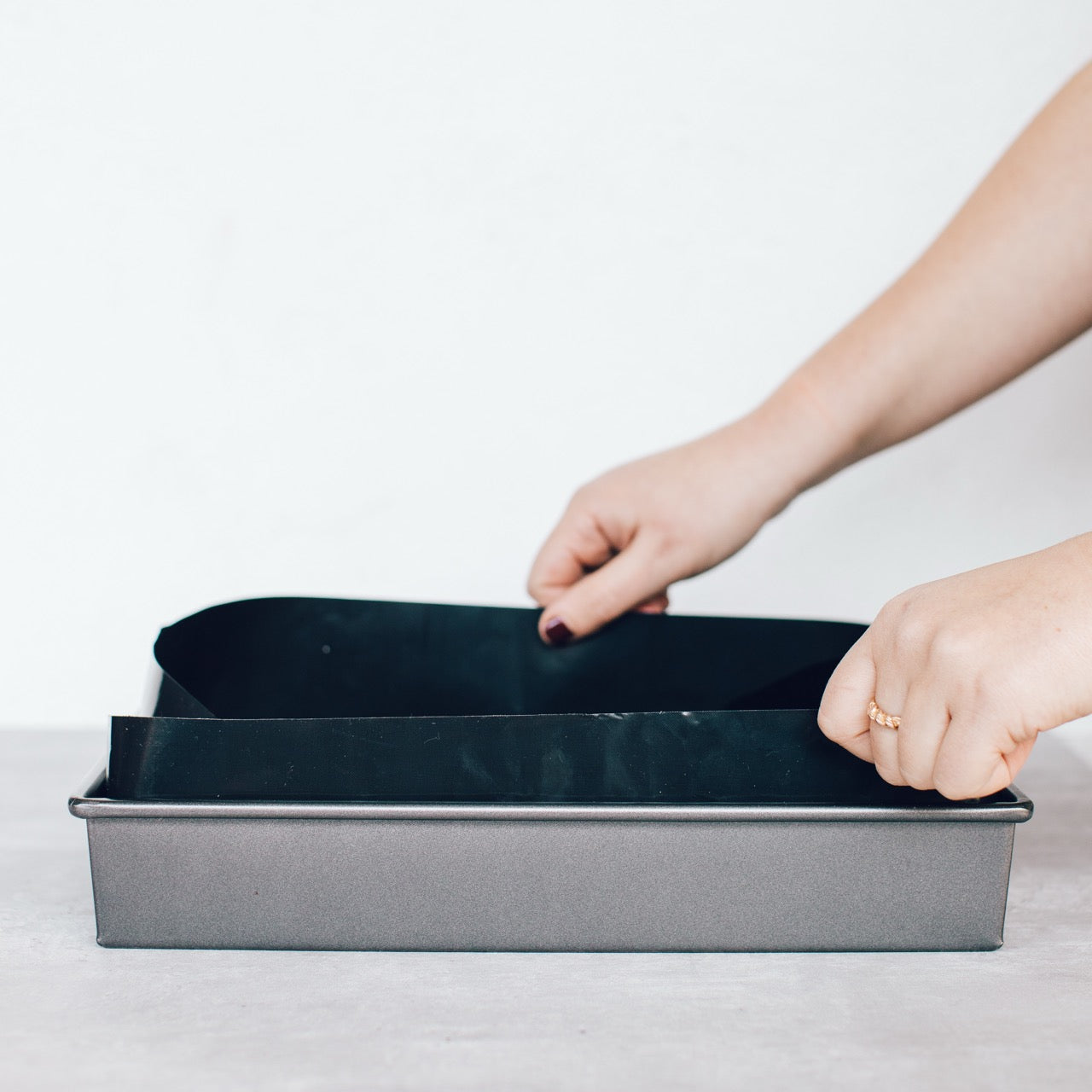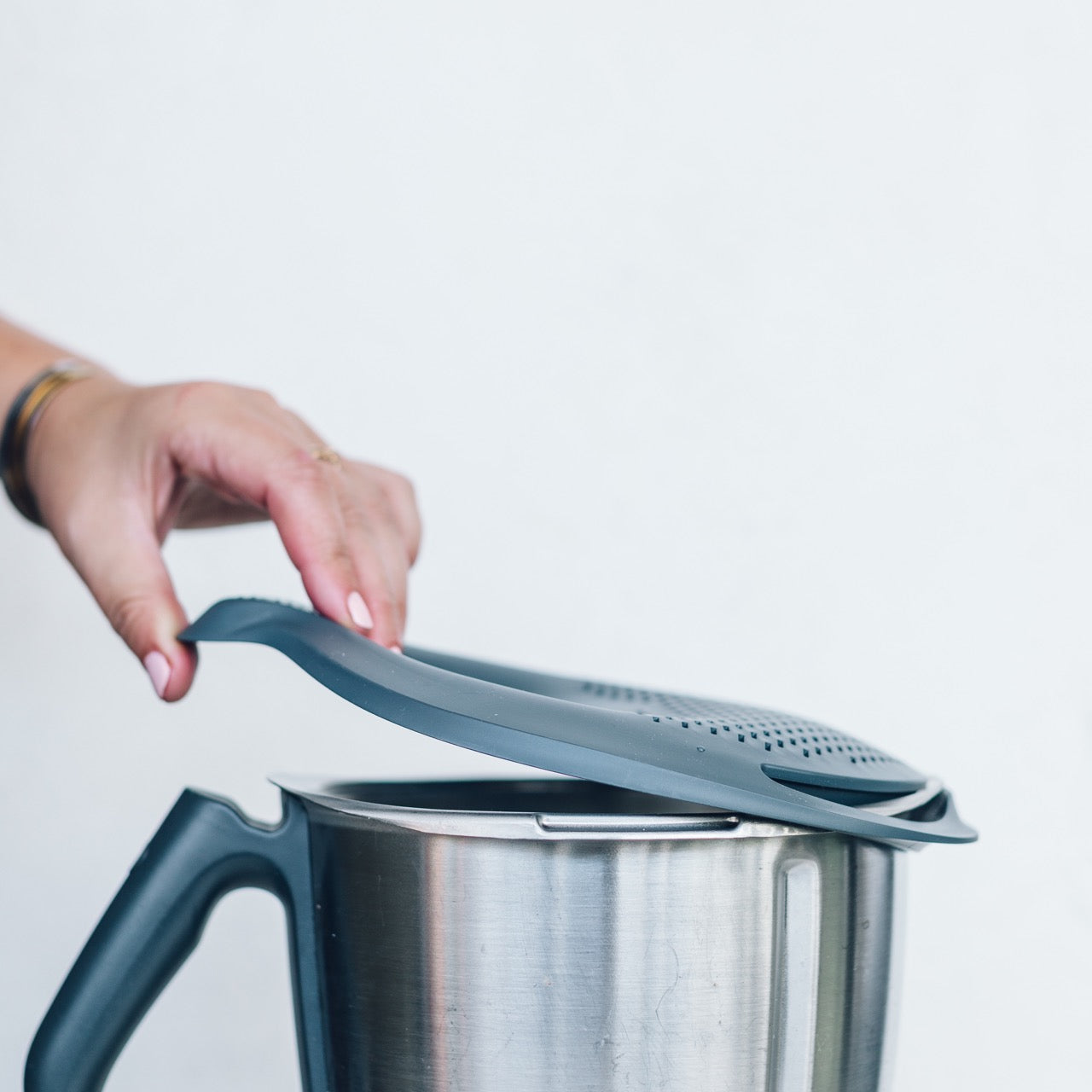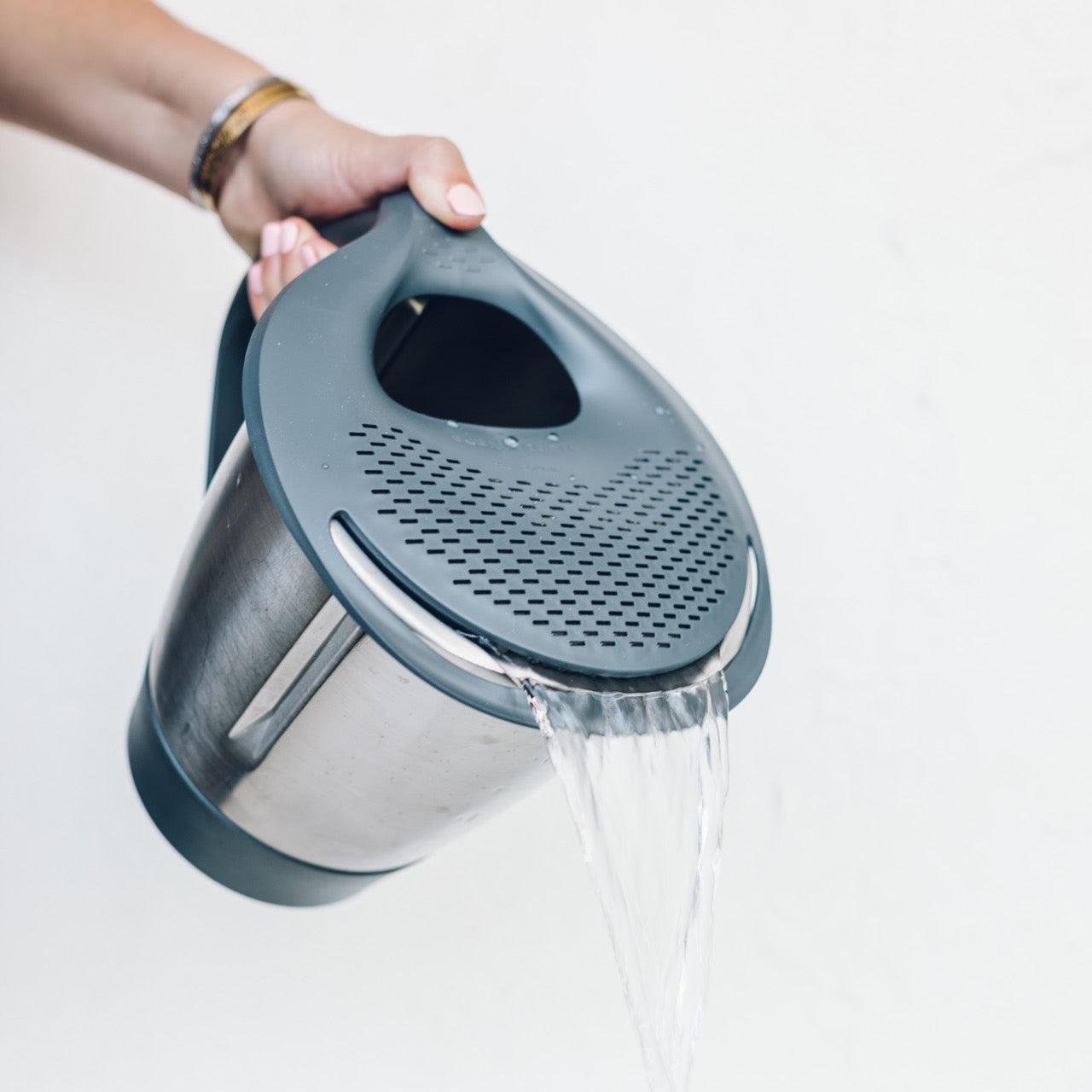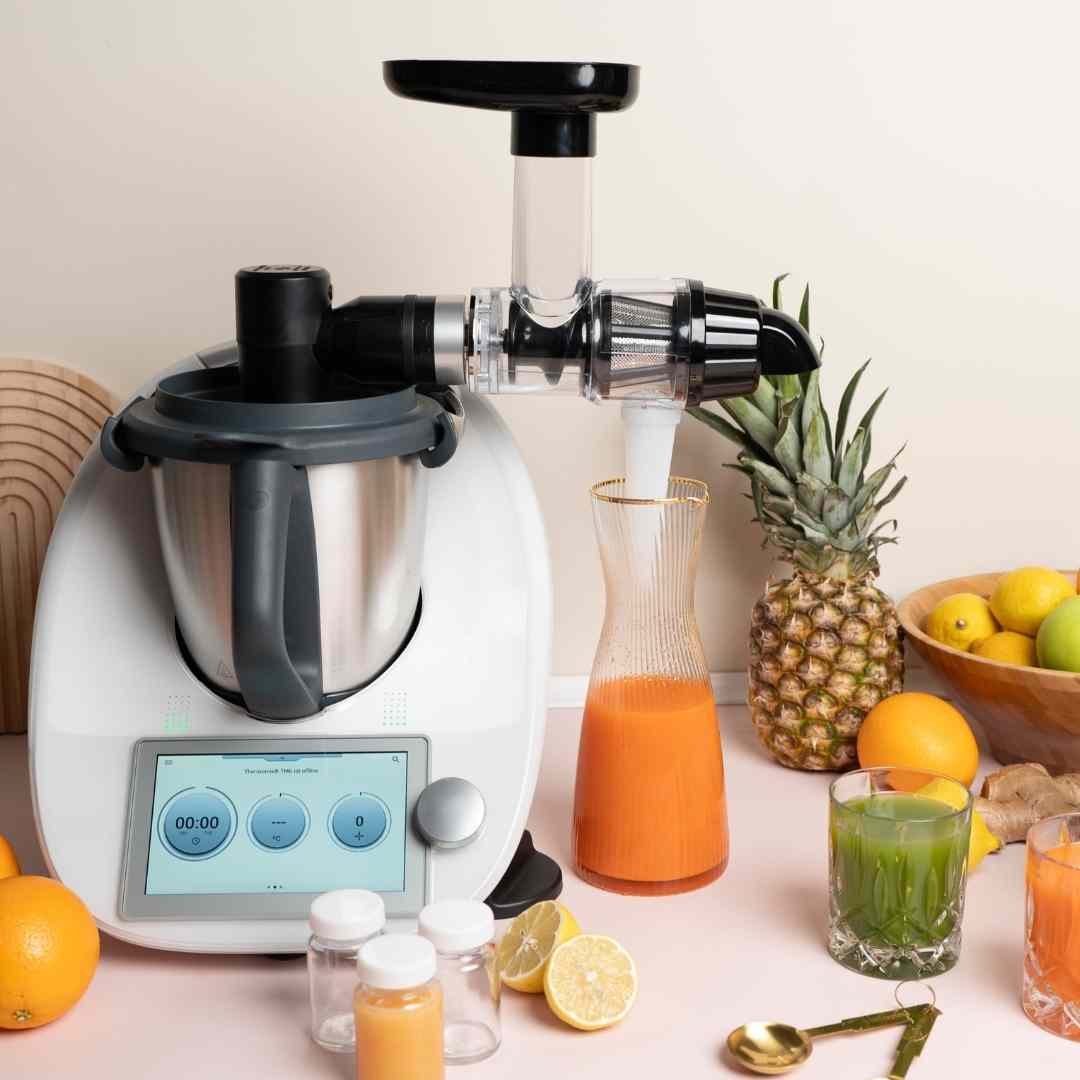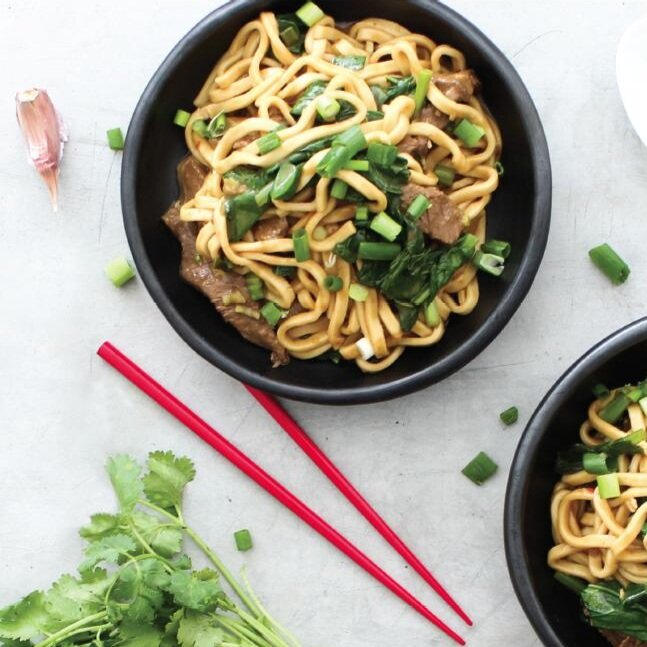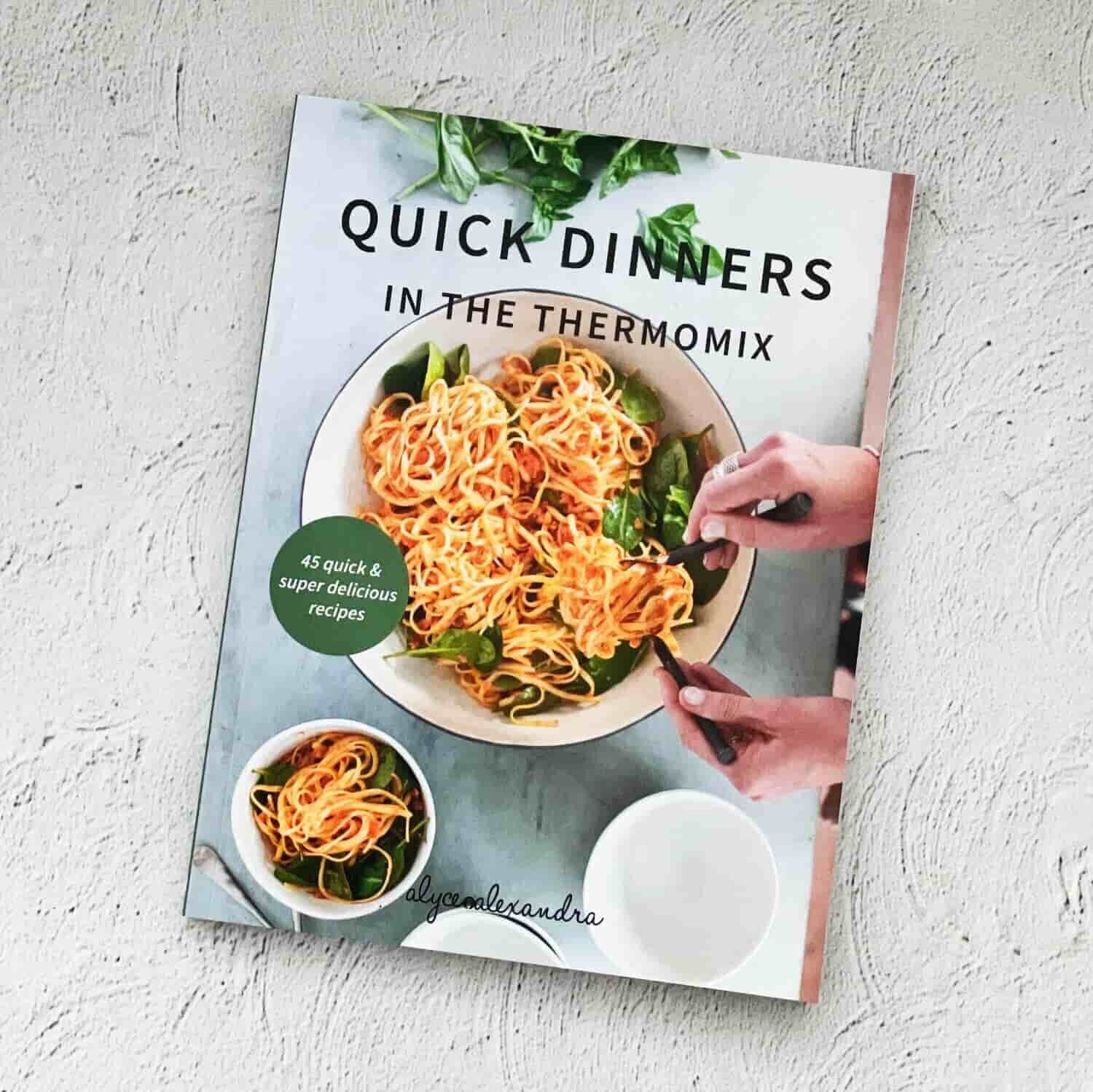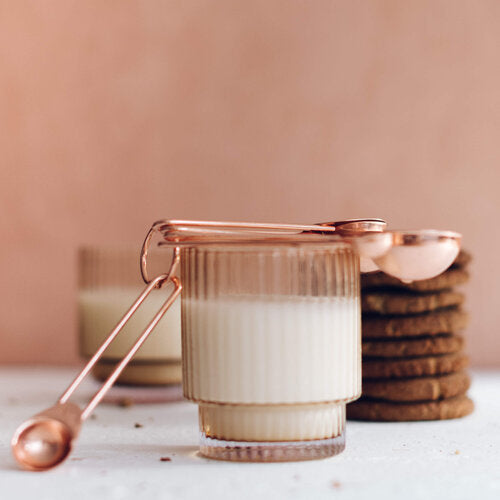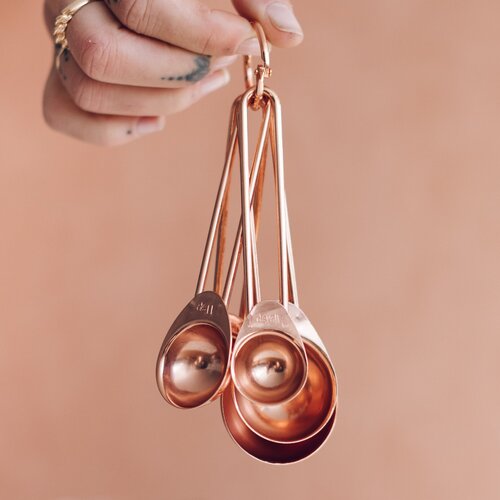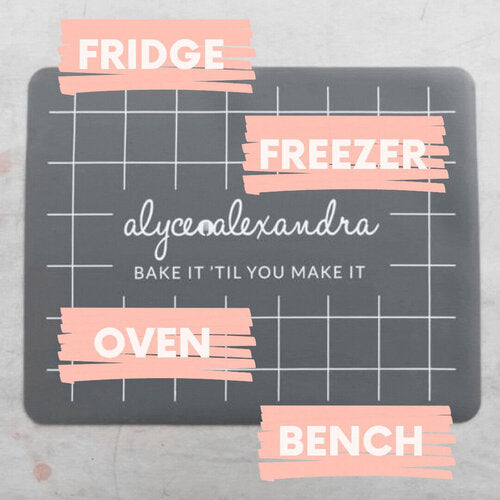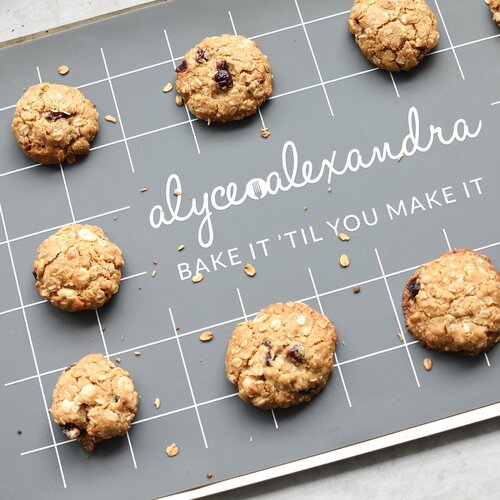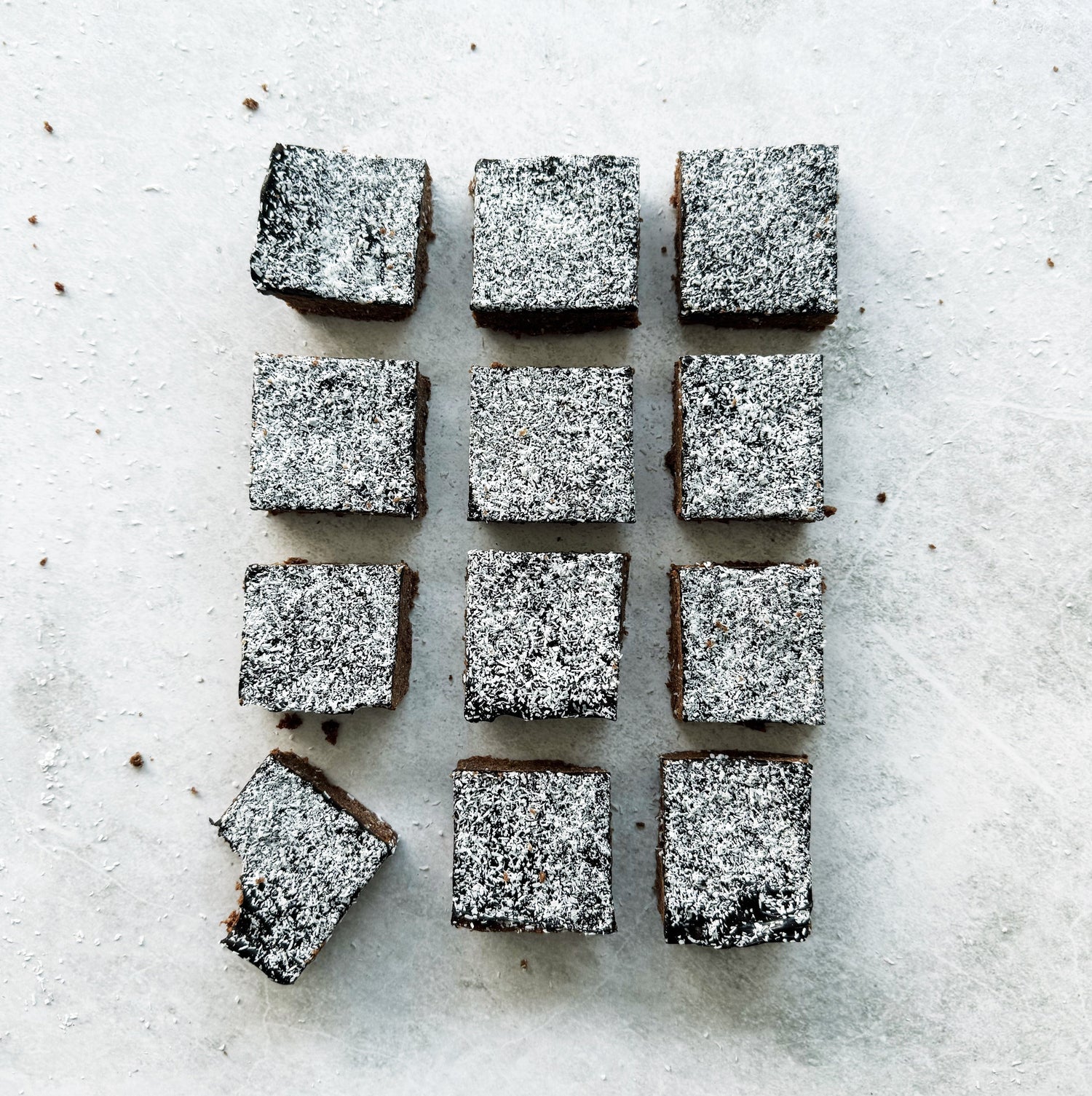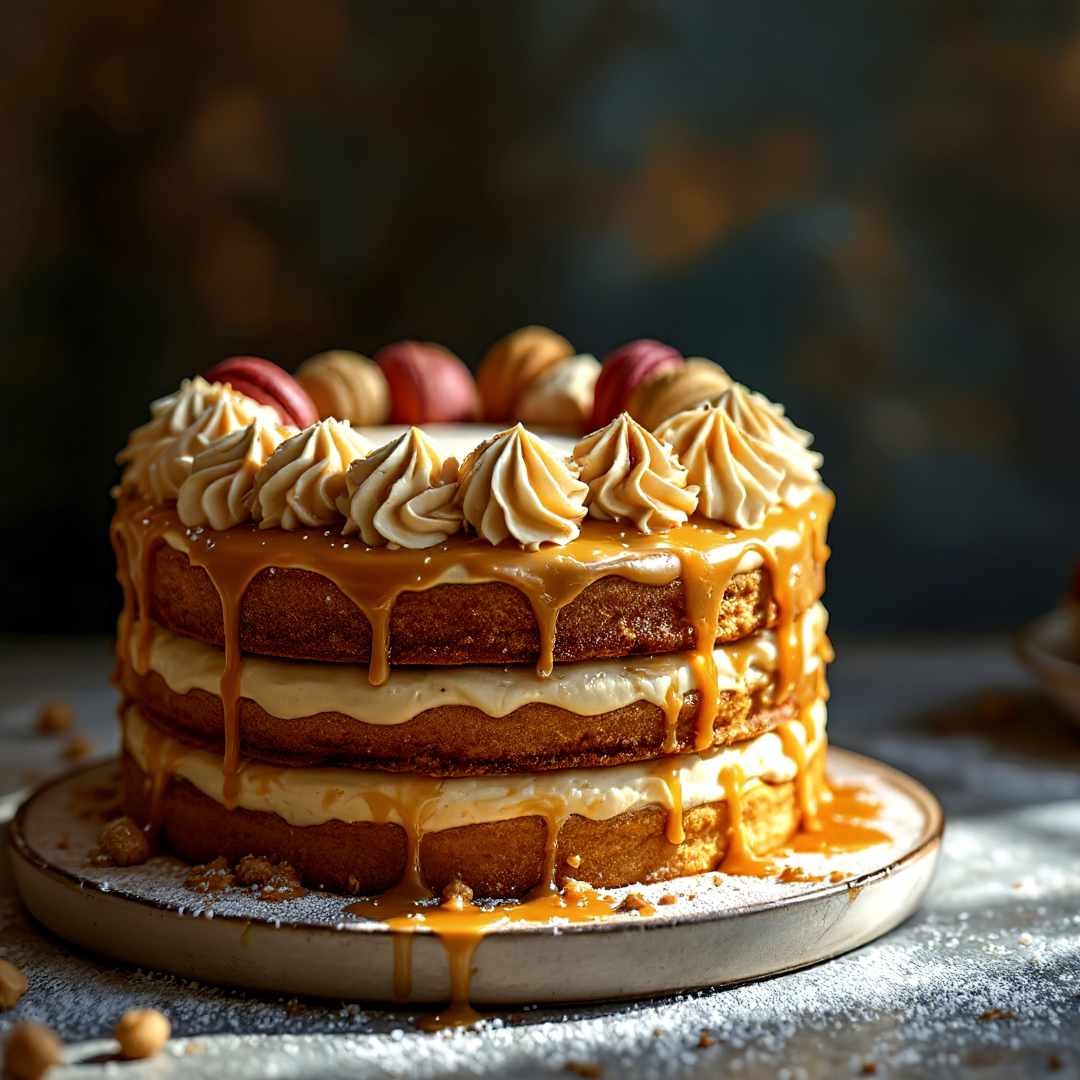June 5th every year is World Environment Day – a day of worldwide awareness for the protection of the environment, a cause that is very dear to my heart. It is fitting then that June 5th is also my birthday! While this year’s WED theme is the illegal trade in wildlife, I’ve decided to keep things closer to home and look at what we can do in the kitchen to help the environment:
Use Everything – Waste Nothing
One of the most important ways you can make a difference to the environment is not wasting food. “Every year, consumers in industrialized countries waste almost as much food as the entire net food production of sub-Saharan Africa”, a truly sobering thought.
Three of my simple strategies for wasting less food:
· Freeze food before it goes off! If you’ve opened a container of tomato paste or cream but only need half for a recipe, freeze the remaining amount and simply defrost it next time you need. I often freeze things in ice cube trays and then transfer to ziplock bags once frozen so I can easily defrost the exact amount (rather than having it frozen in one solid brick). I also put fresh loaves of bread straight in the freezer and pull out slices as needed. Any leftovers that aren’t going to get eaten quickly also get frozen and defrosted for meals later on. Your freezer (if used well) is your best weapon against food waste.
· I use bones, veggie scraps and herbs (such as chicken carcasses and celery tops) to make broth, extracting all of the precious nutrients in these foods. Read more about that here.
· I blend up limp greens and veggies into a green smoothie – once they are blended no one will know they weren’t fit for the salad bowl! Follow my green smoothie guide to get a perfect smoothie every time, using whatever ingredients you have on hand.
I really believe that when people cook their own food from scratch they become connected to it – where it came from, who grew it, where it ends up next – and instinctively become more considerate human beings. Not to mention end up with a lot less packaging in the rubbish when all you are buying is raw ingredients!

Reduce Your Bin Size
There really isn’t that much rubbish that should end up in your kitchen bin. Most vessels your food comes in are recyclable, such as milk cartons, cardboard boxes and glass jars (although I keep these for homemade condiments). Any organic waste and inedible food scraps (such as citrus skin, coffee grounds, tea bags, banana peels, tomato stalks and paper towel) should go straight to your compost or worm farm (read more about that here). If after that you’ve still got a lot in your rubbish bin you might need to think about your purchases – how about next time you get a coffee or take away meal you bring your own reusable container or coffee cup? Or better yet, make your own at home.

Ditch the Disposables
With a couple of careful purchases, there is no need for any disposables in the kitchen such a baking paper, cling film and plastic containers. Instead of baking paper, use a silicone baking mat which can be reused hundreds of times, both in the oven, on the bench and in the fridge and freezer. Instead of cling film, use a silicone bowl lid or transfer leftovers to containers or jars with lids. Plastic ‘takeaway’ containers tend to crack and break easily meaning they are quick to be disposed of – I use glass containers with plastic snap lids at home, they’ve lasted me for years and will continue to. I do use ziplock bags to store ingredients in the freezer, however after use these get washed out, hung upside down to dry and then reused. If I’m taking lunch or snacks out of the house I use a reusable baggie and a compartmentalised lunch box.

Hopefully one or some of these suggestions have inspired you to make a difference at home. I would also love to hear any simple strategies you have for helping the environment in your kitchen!
Happy World Environment Day.

